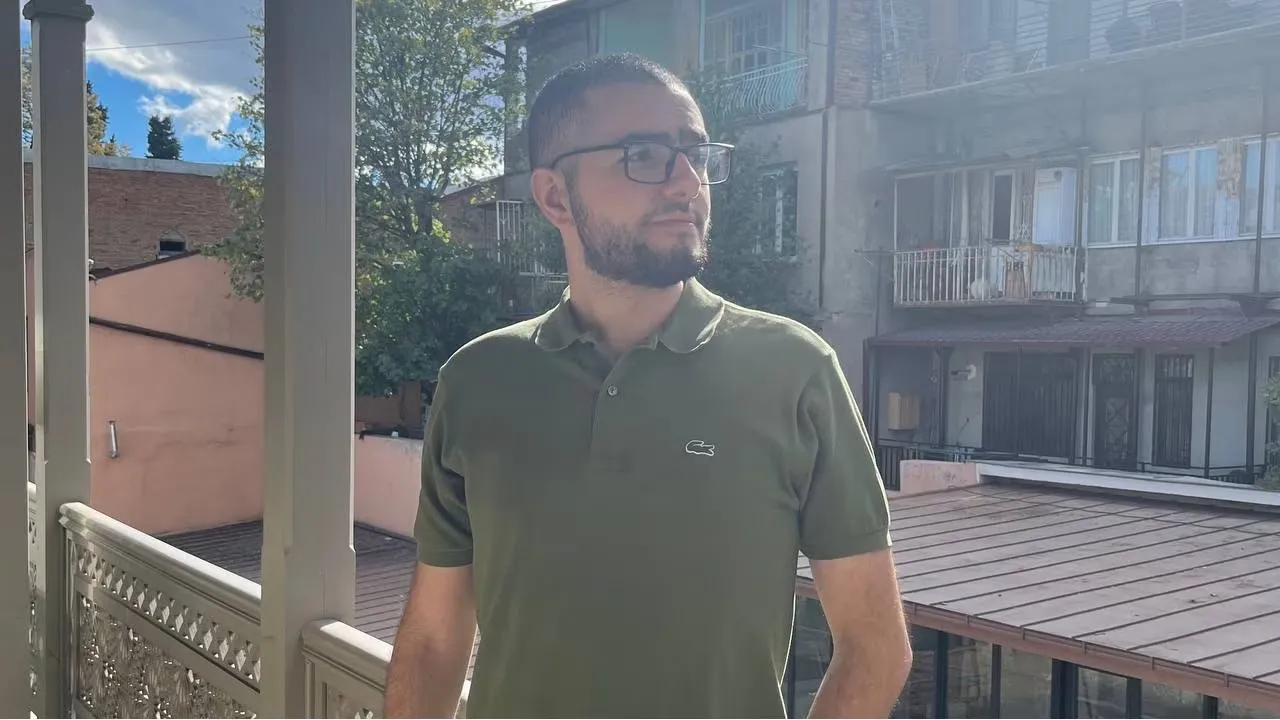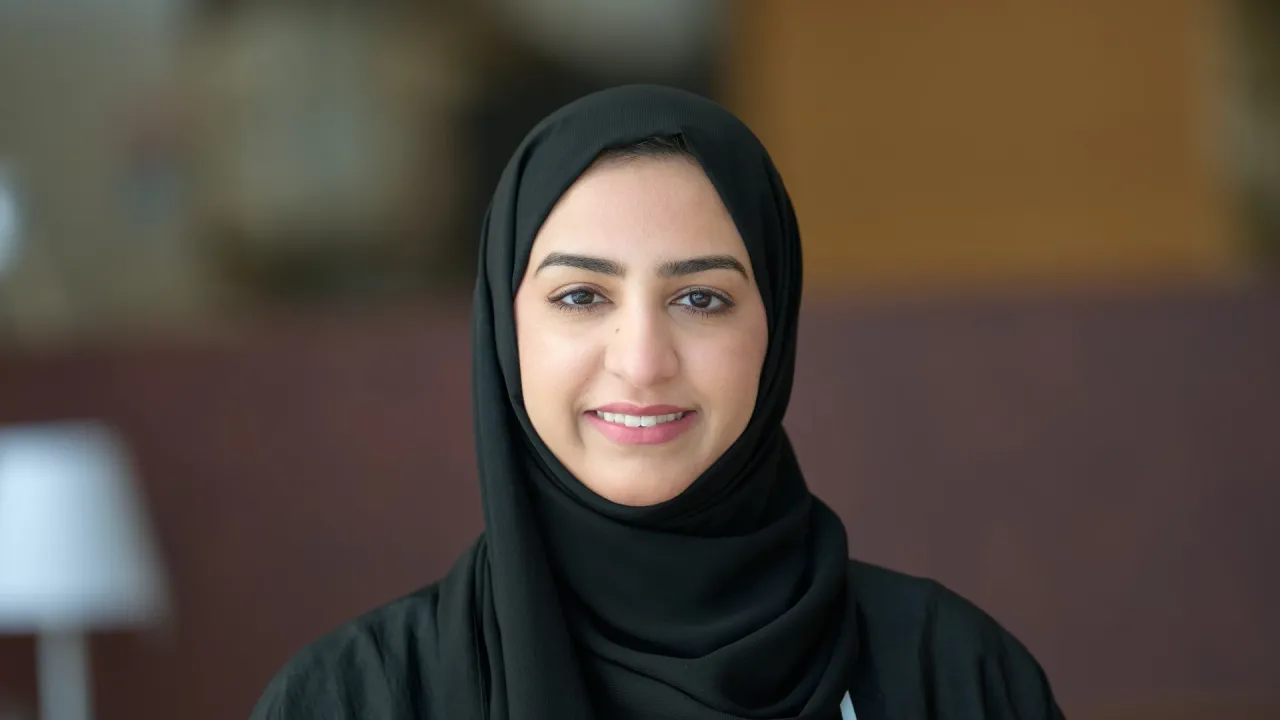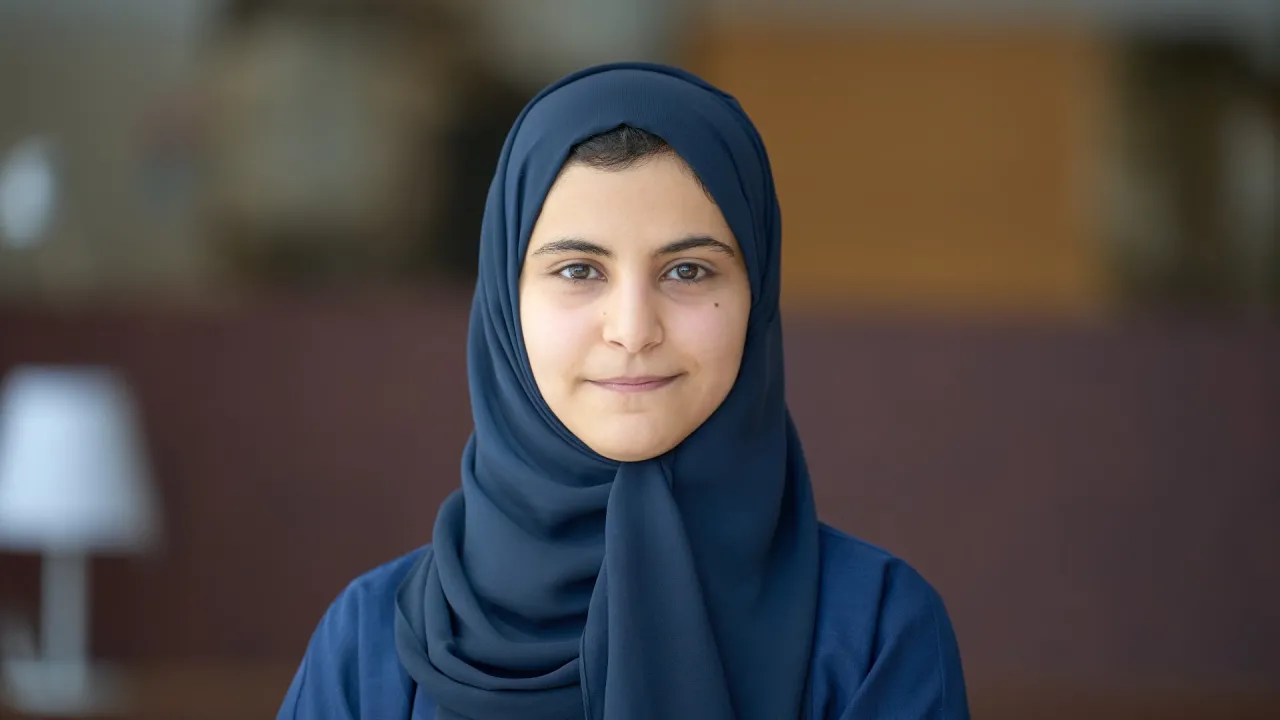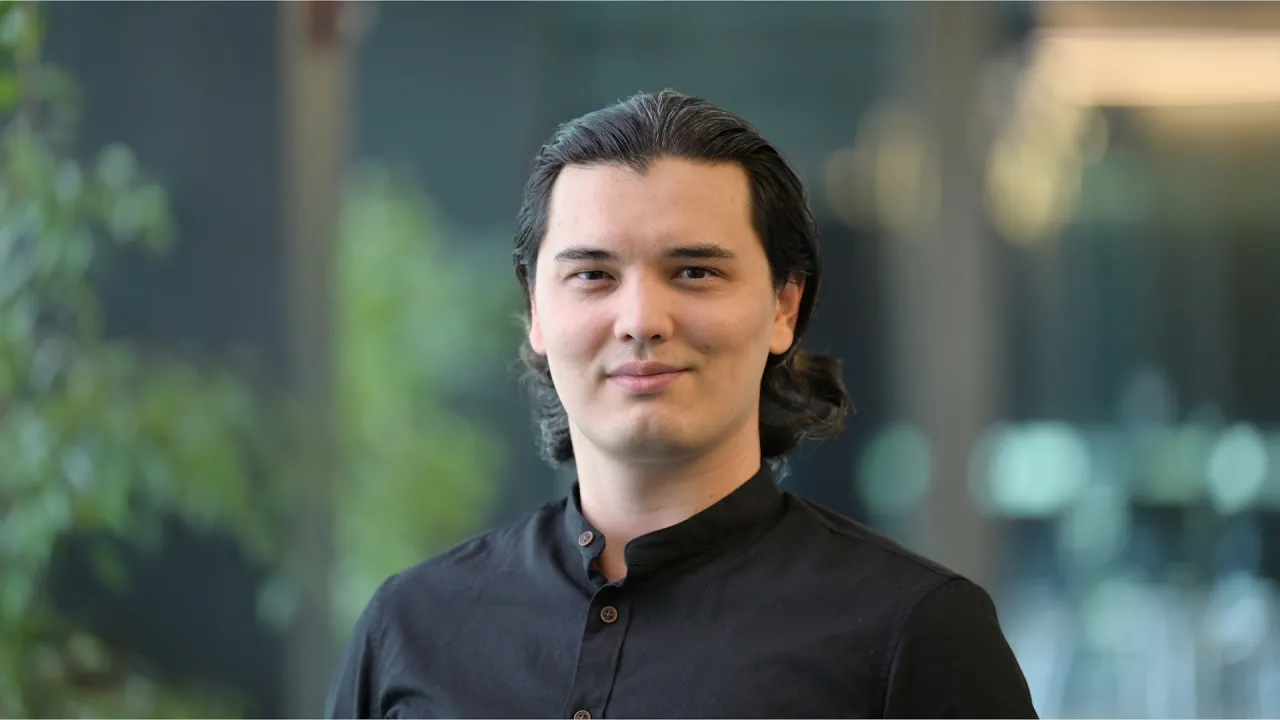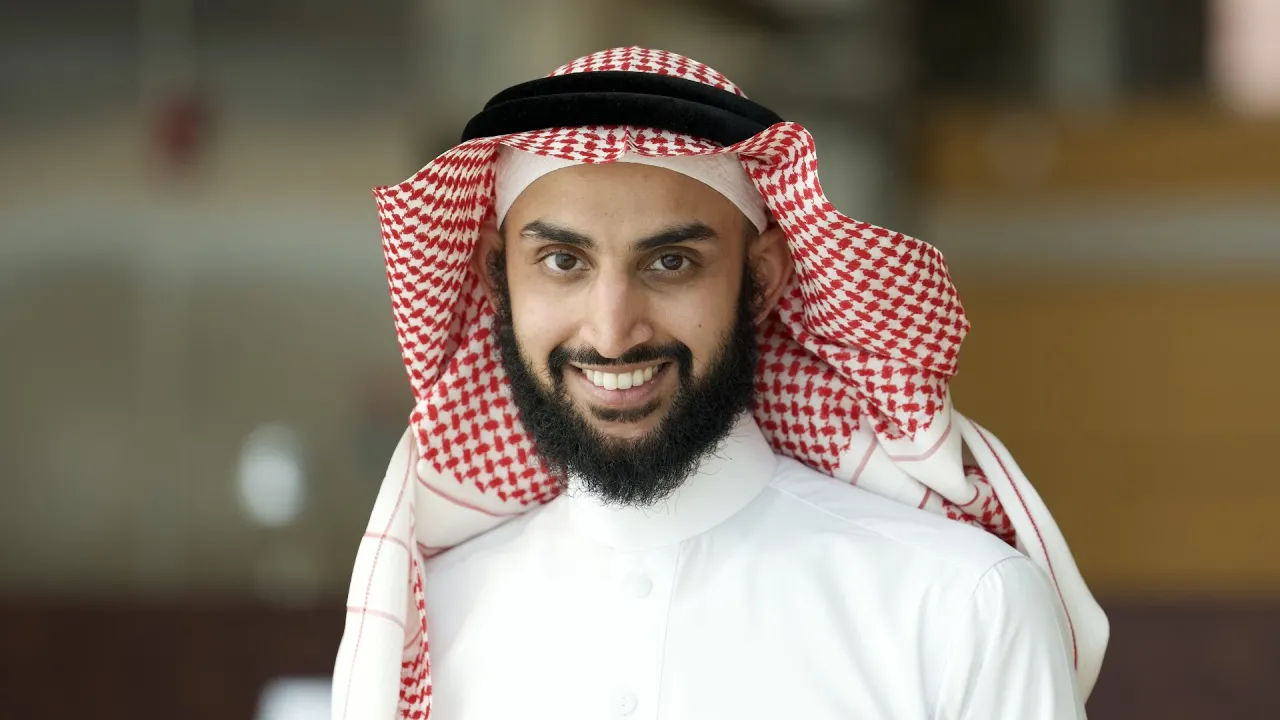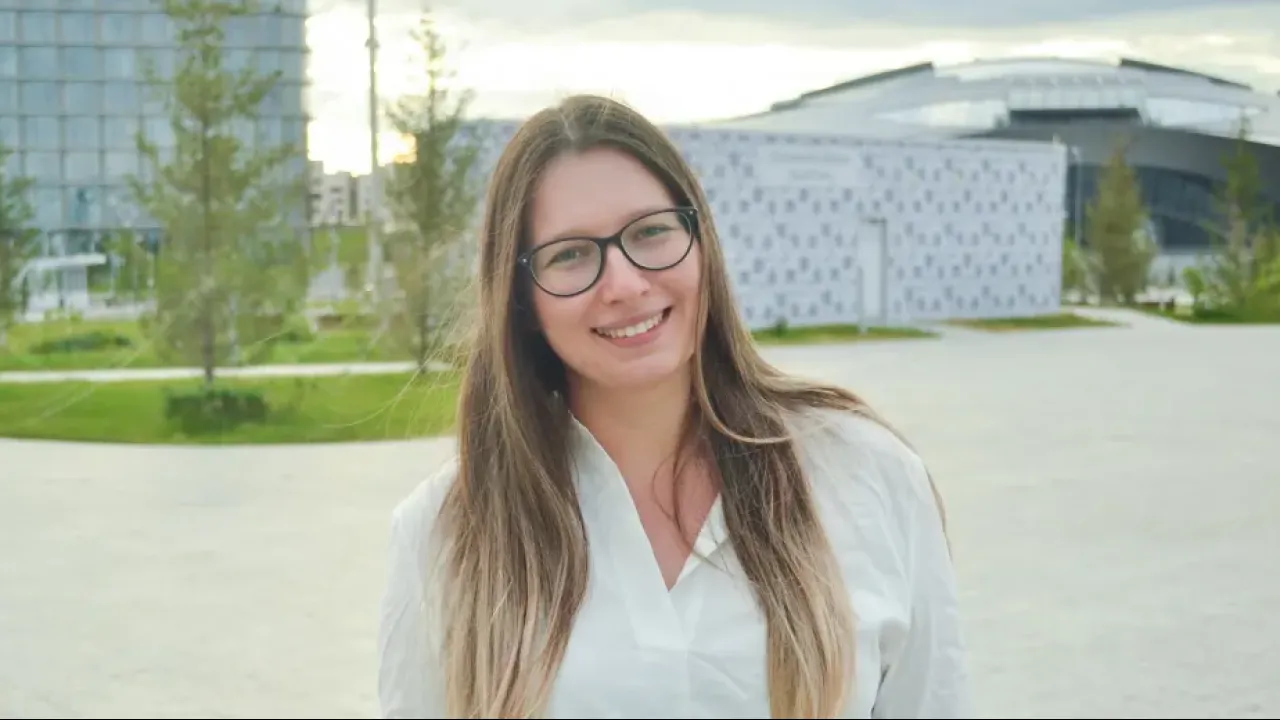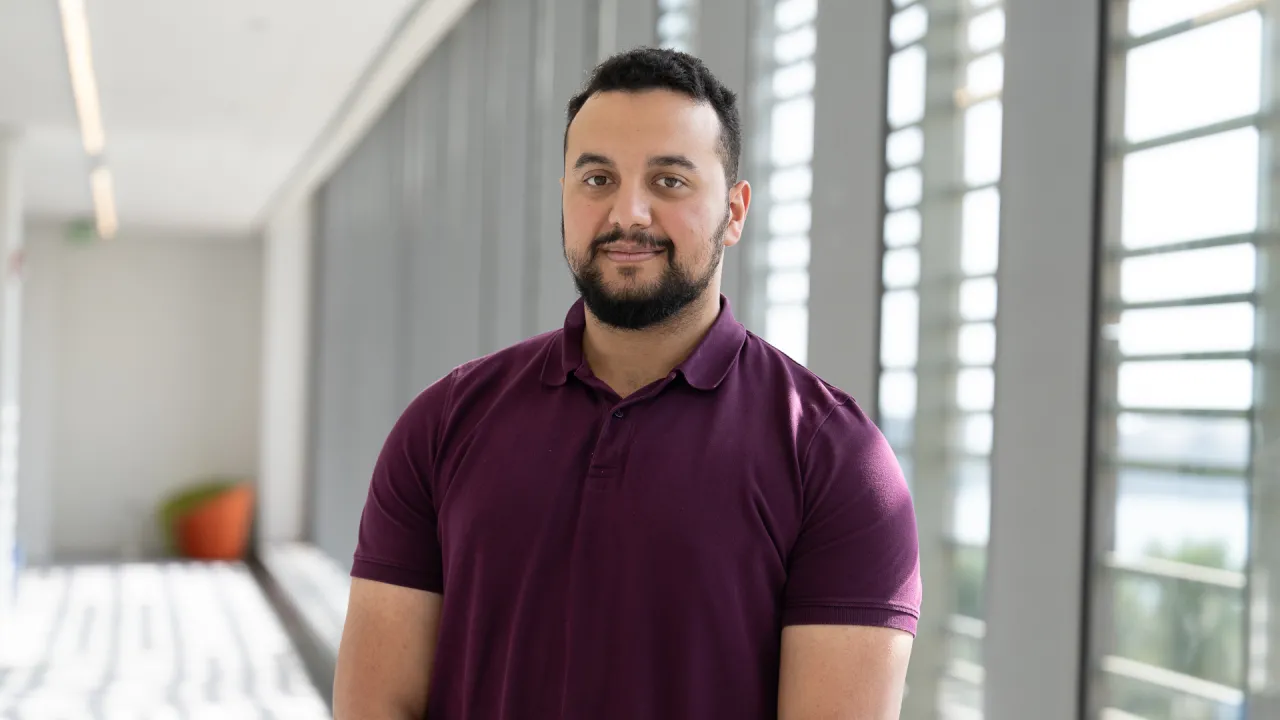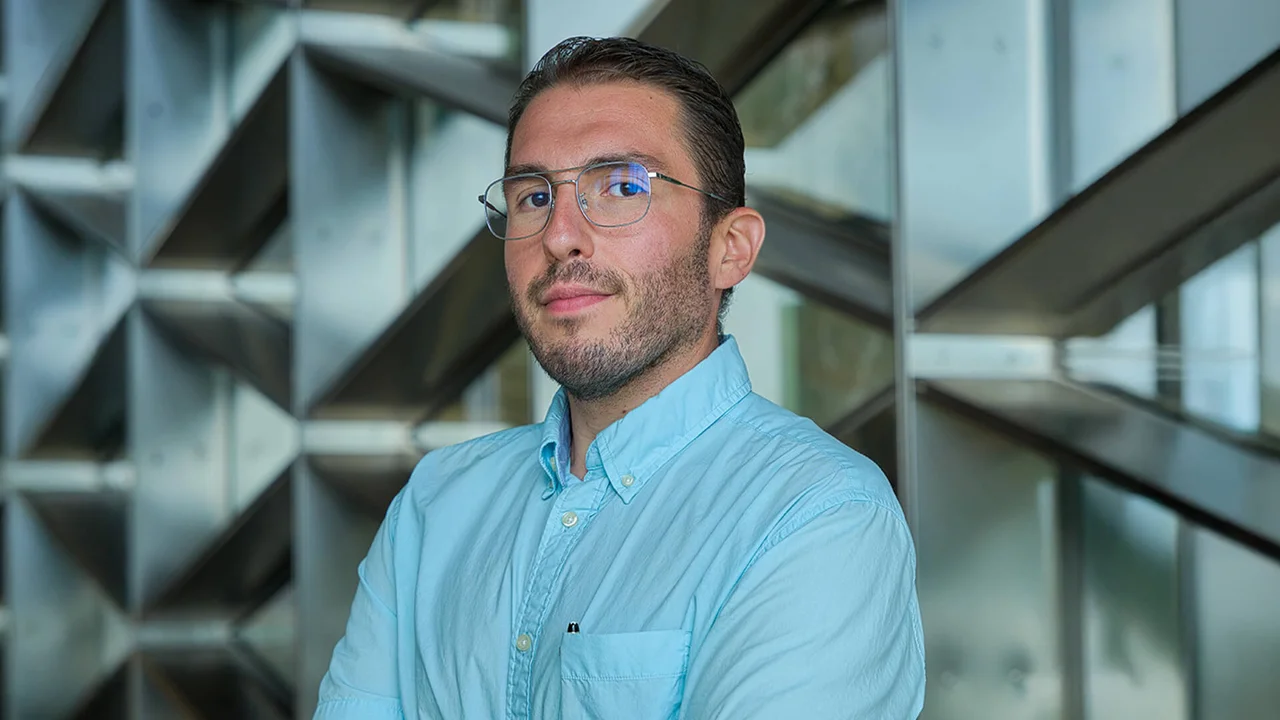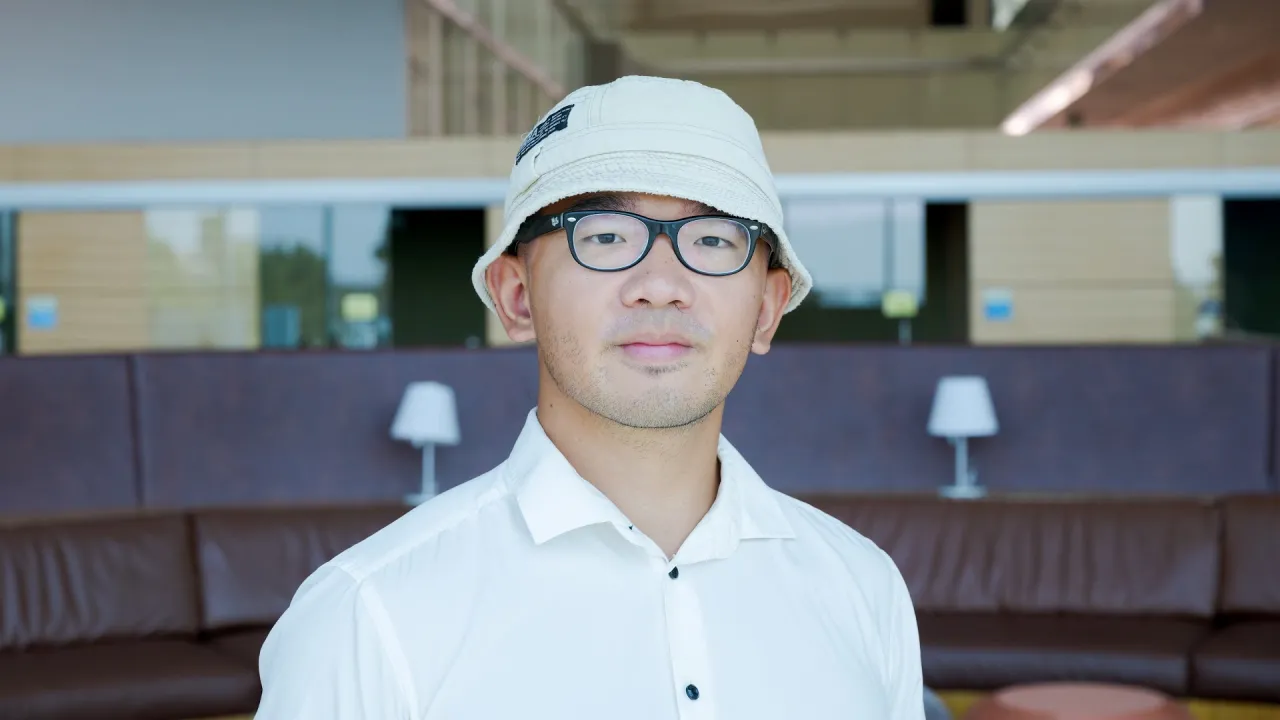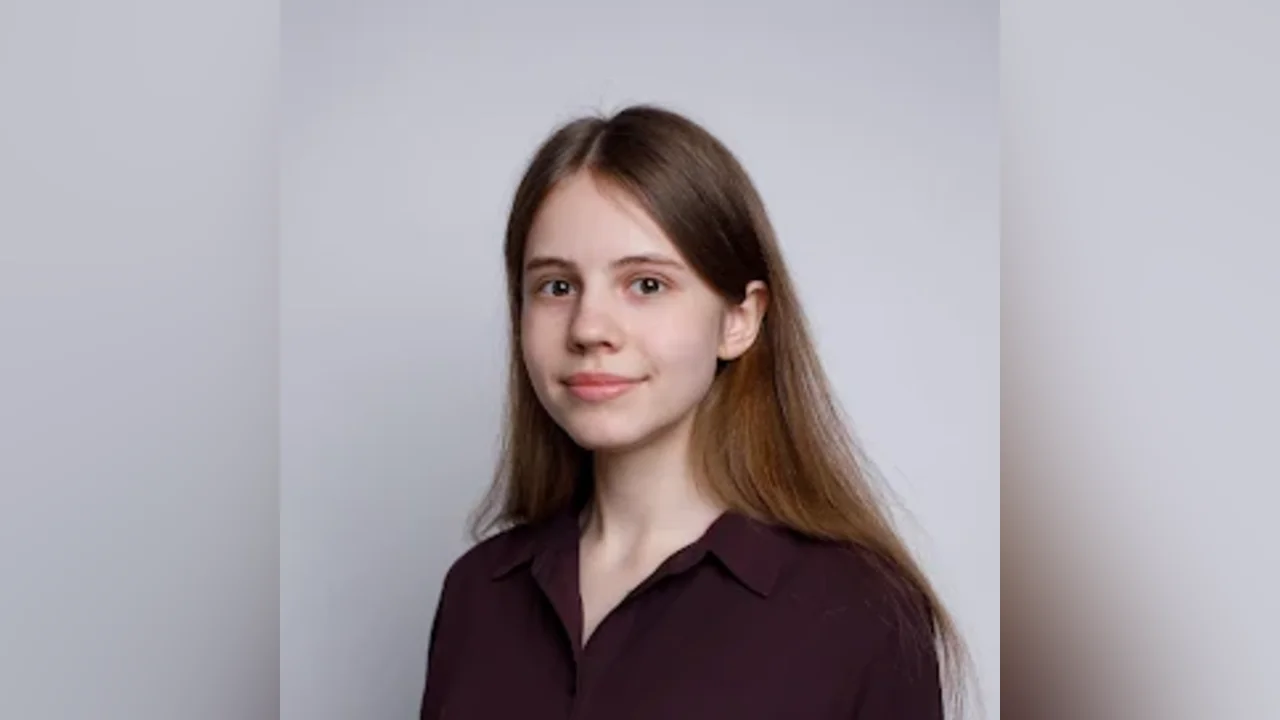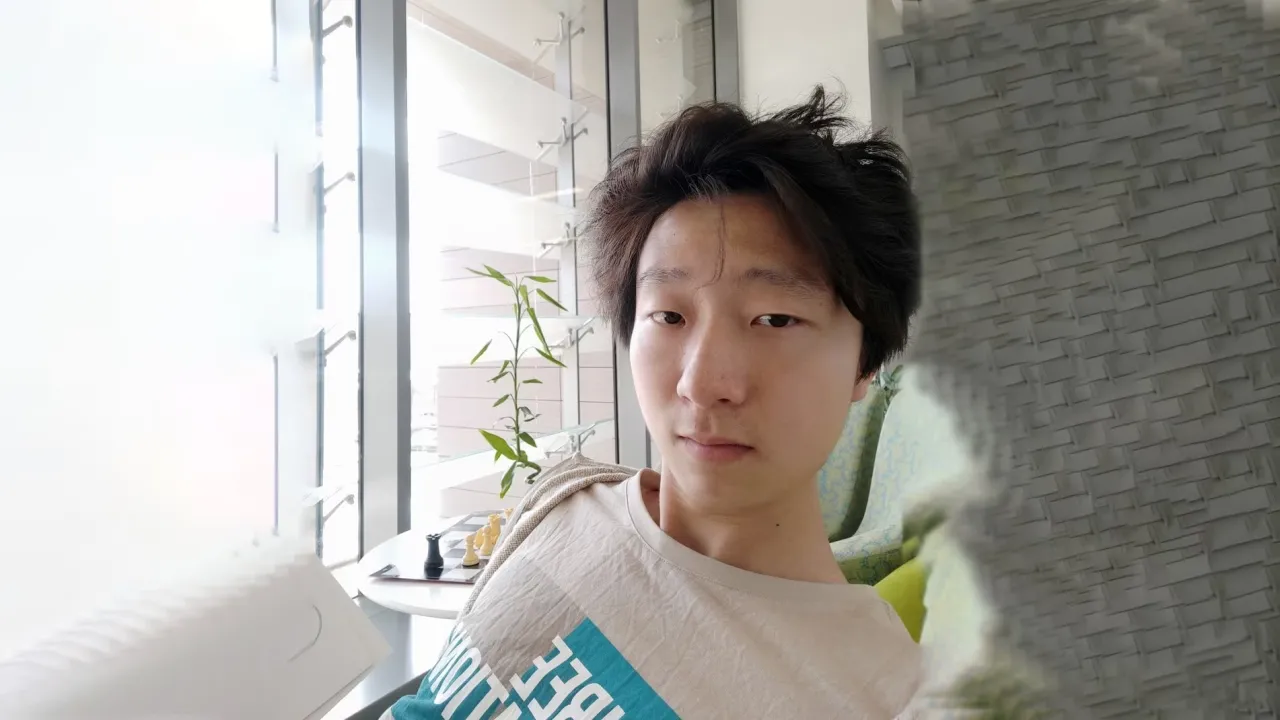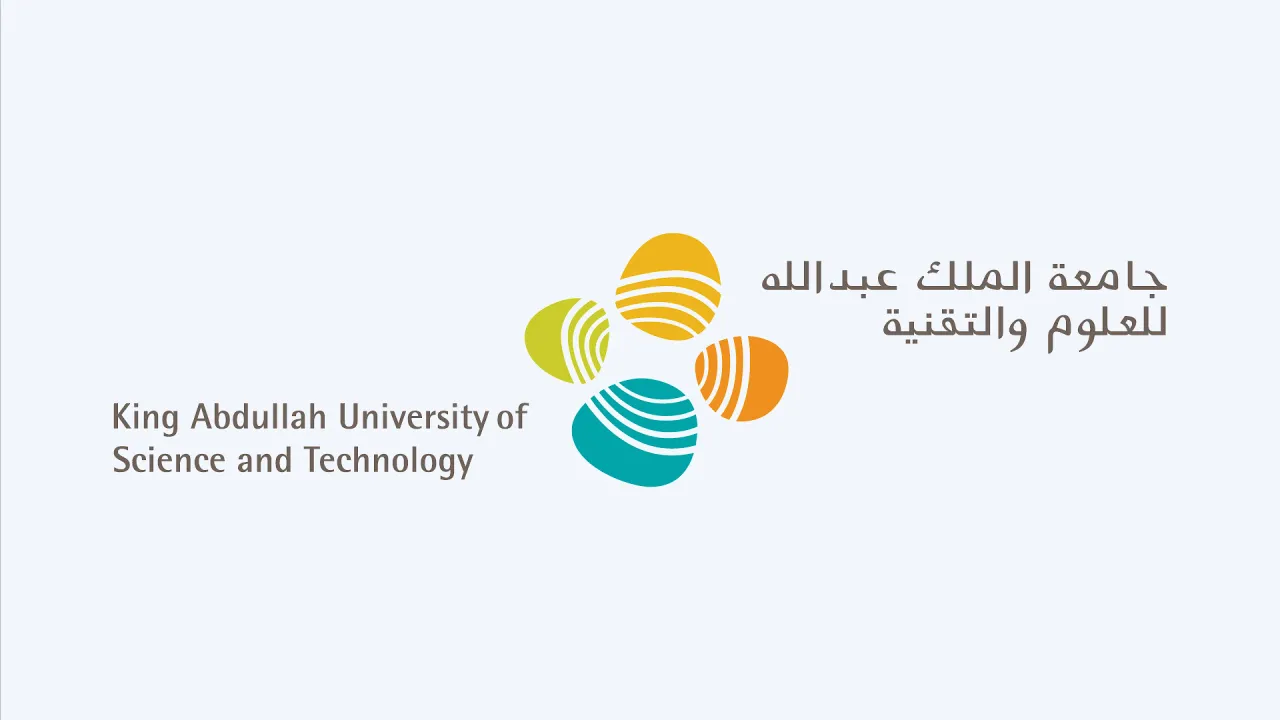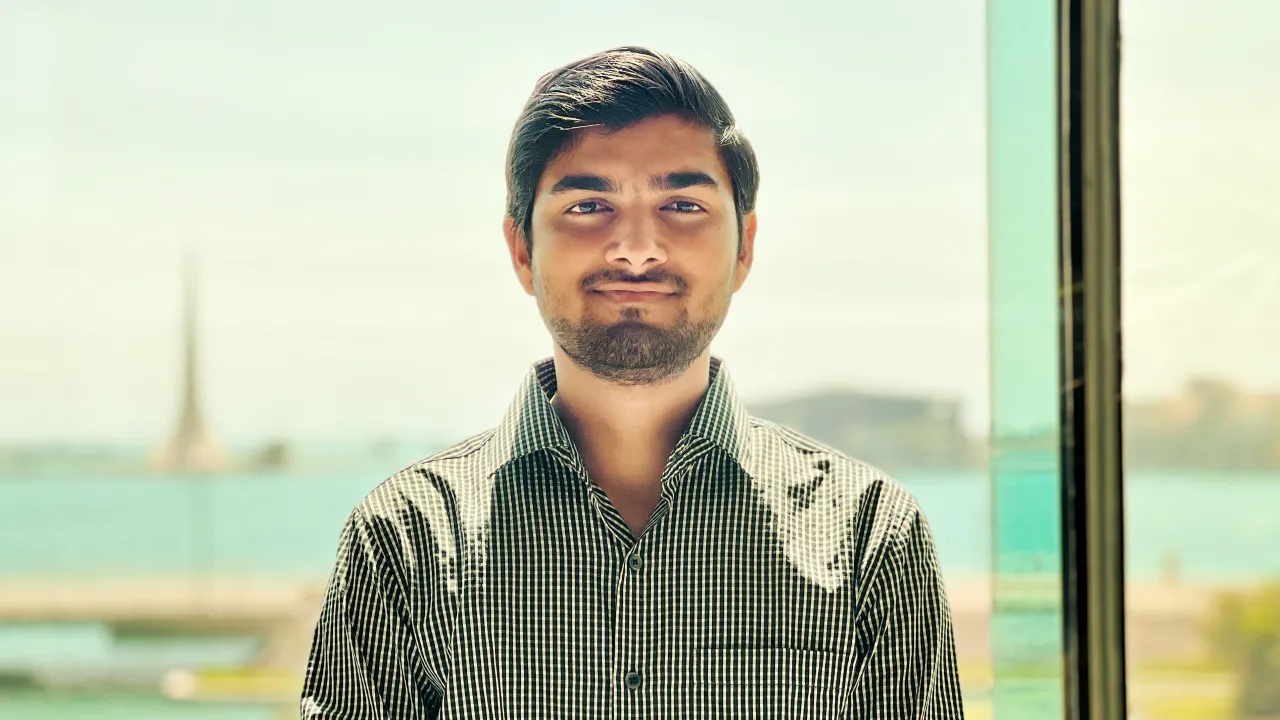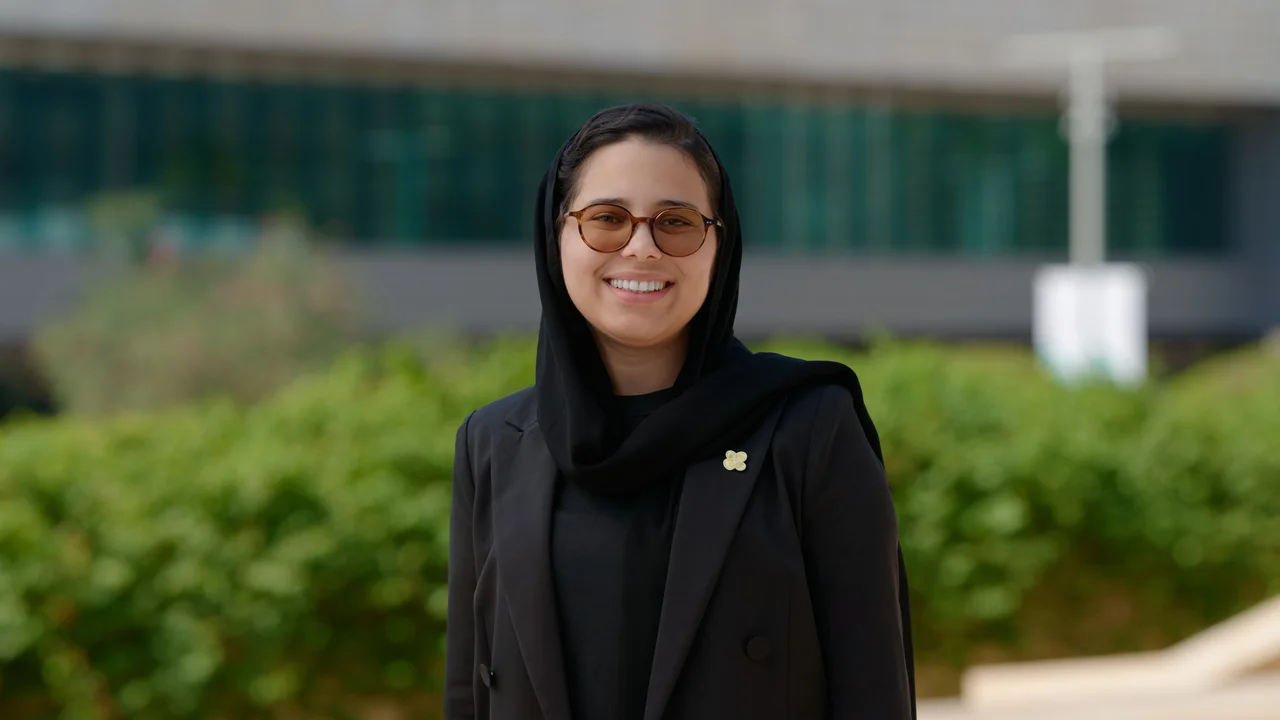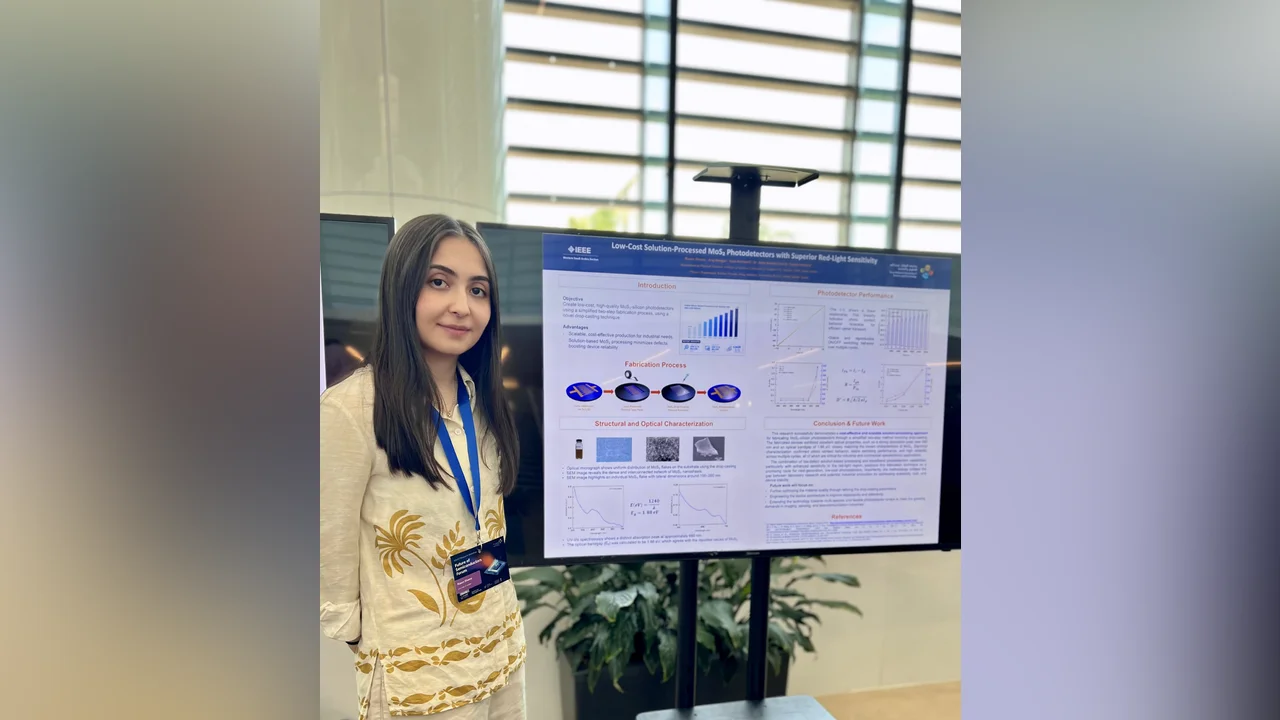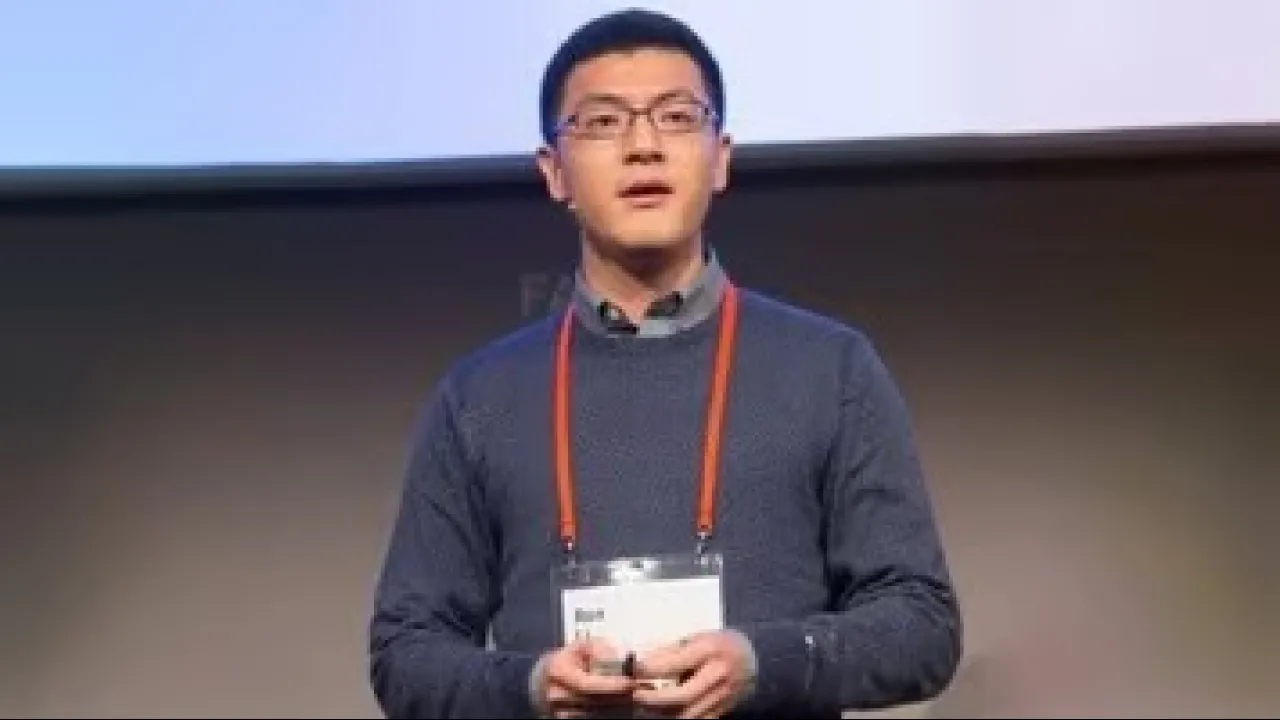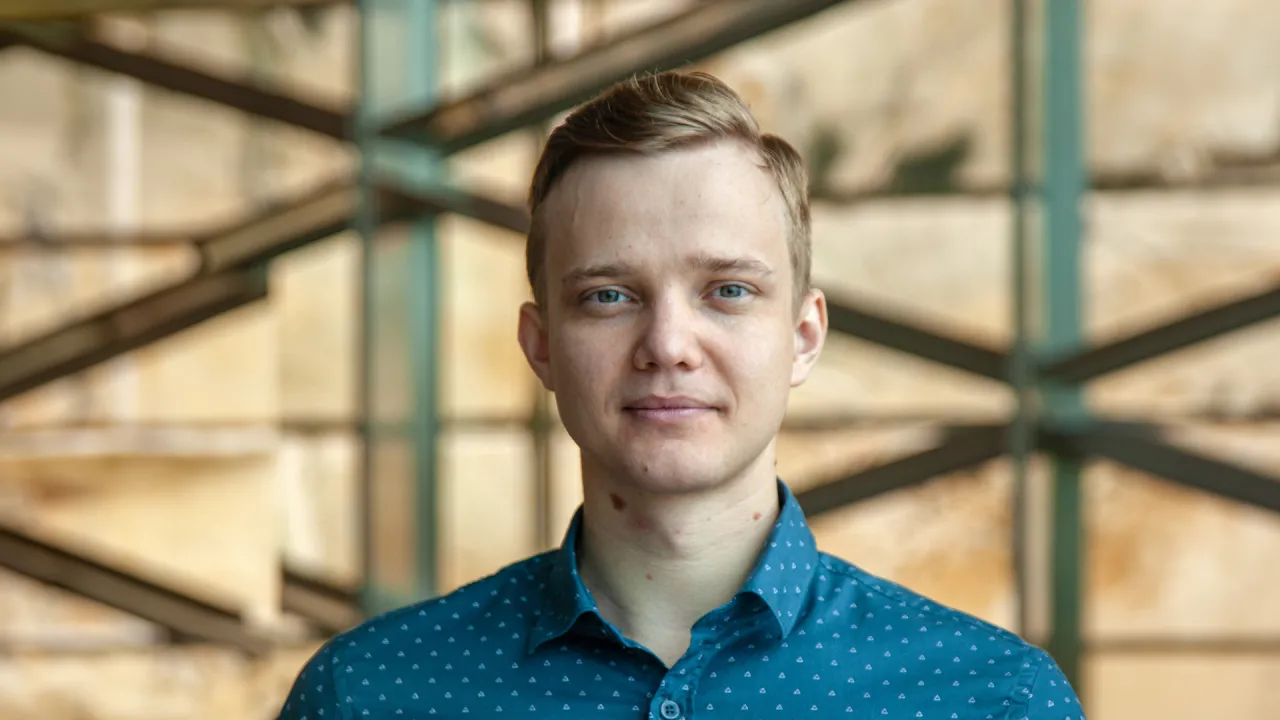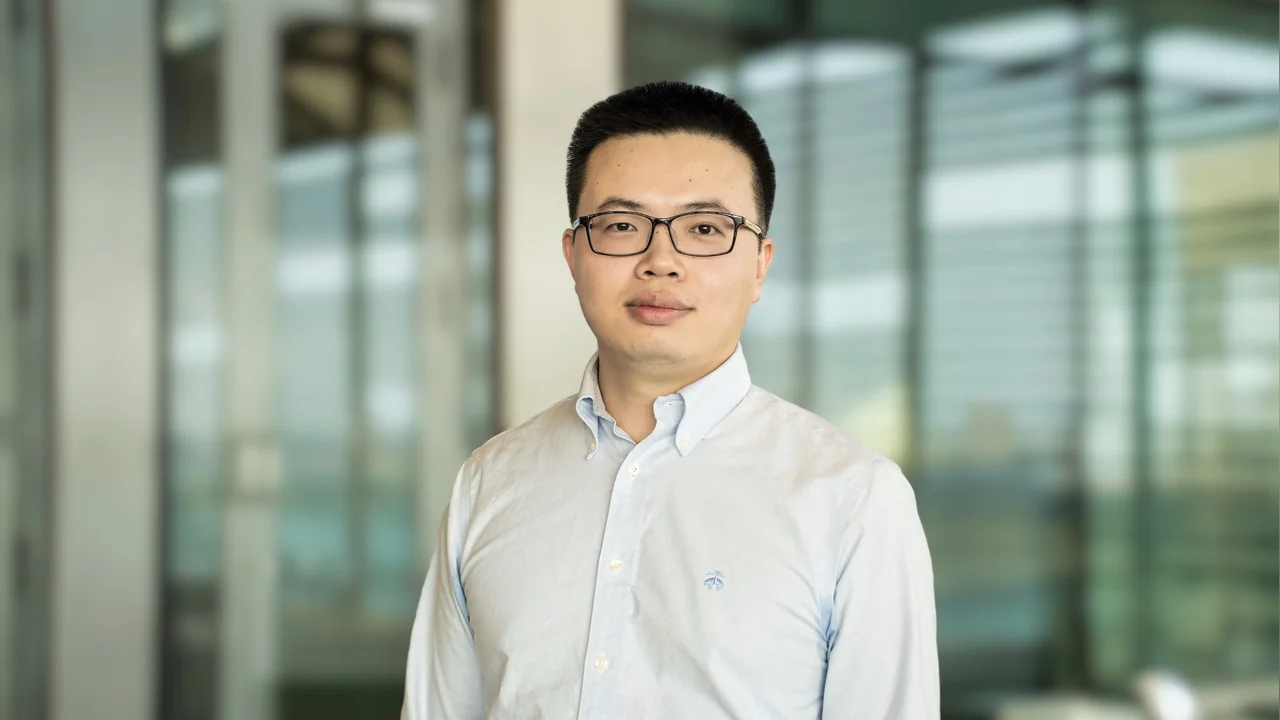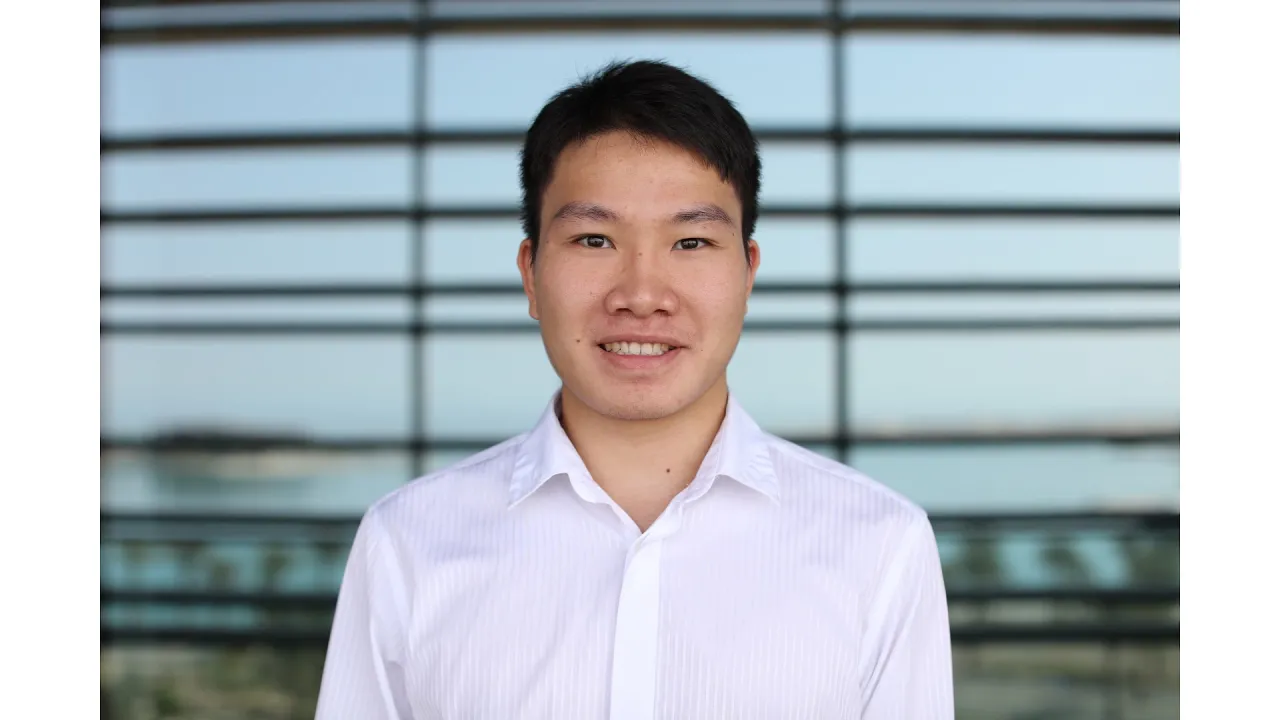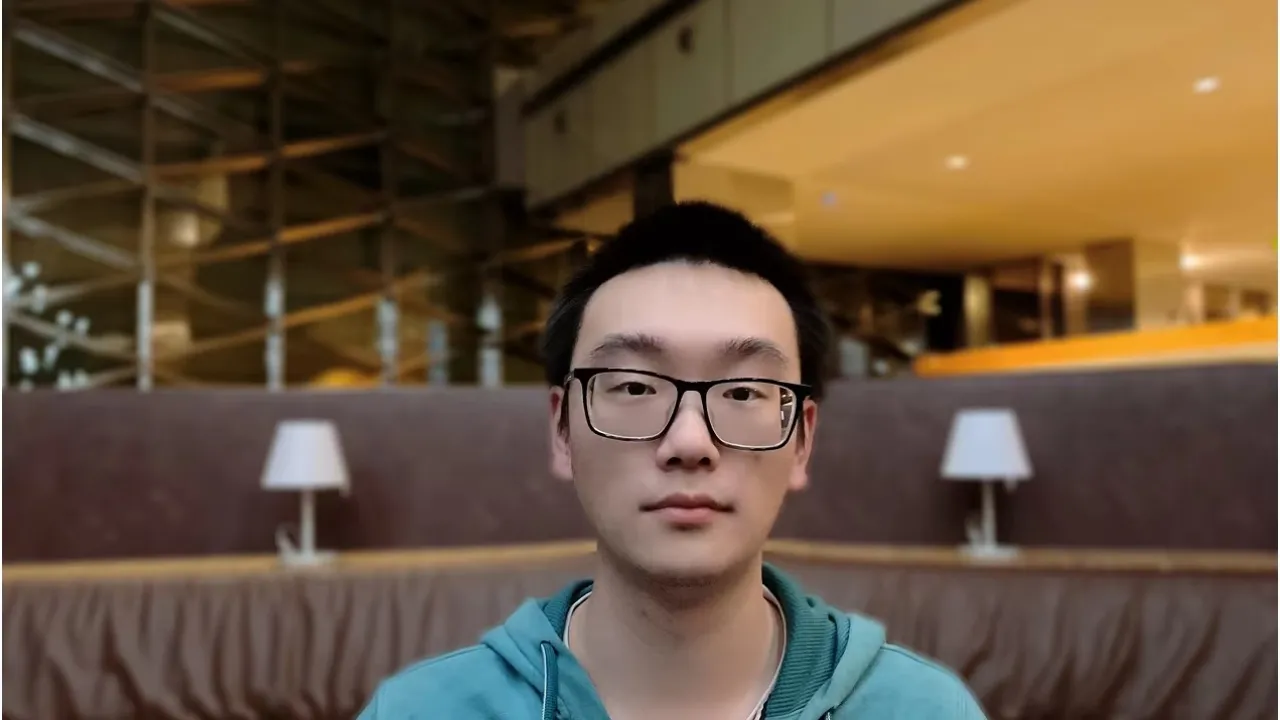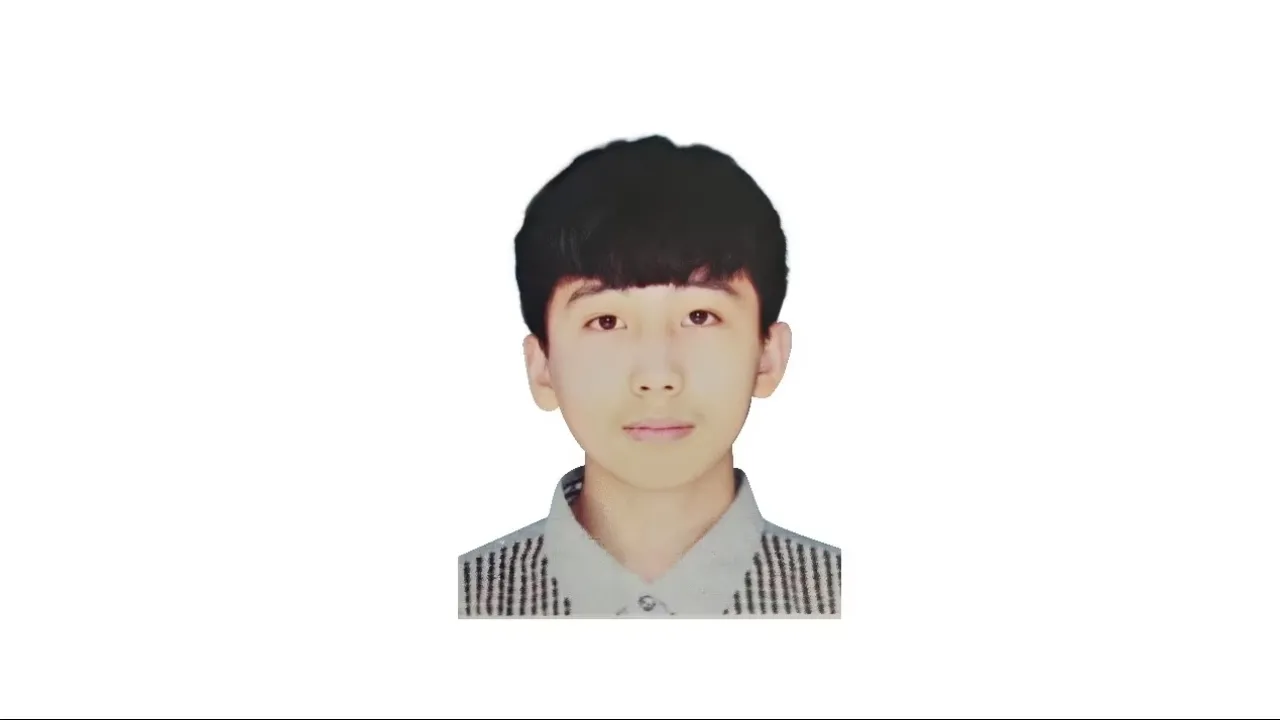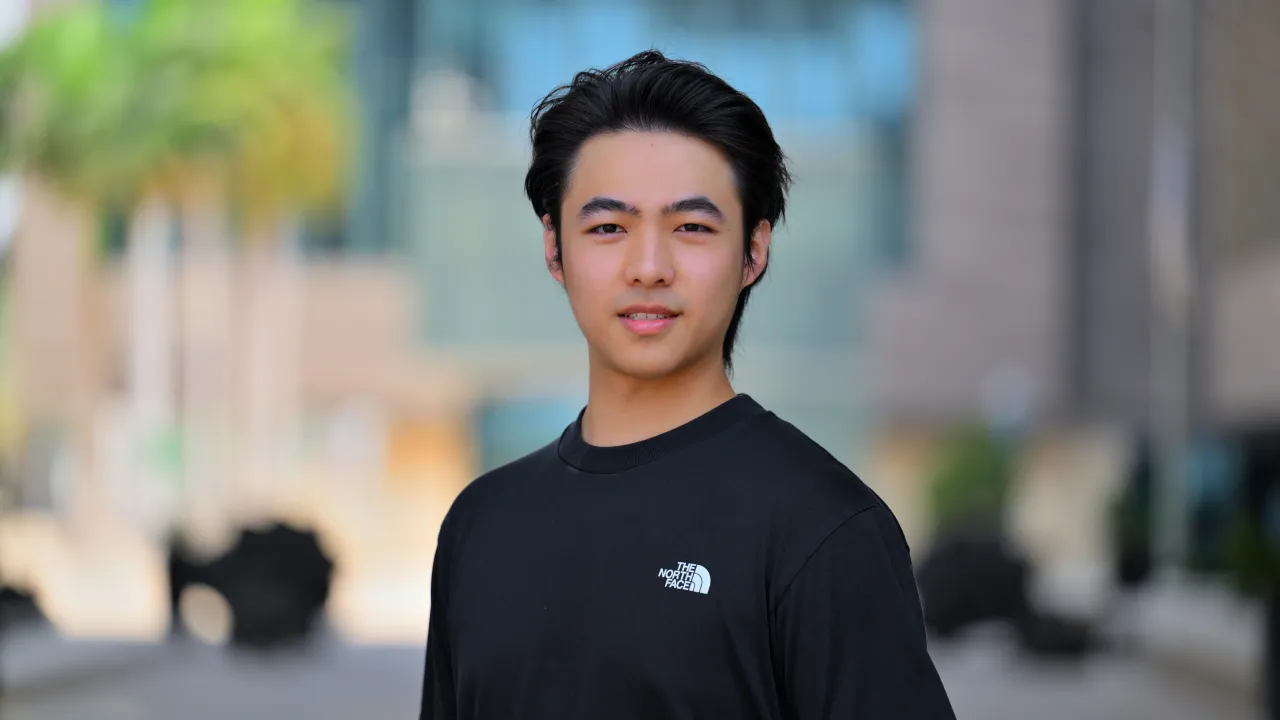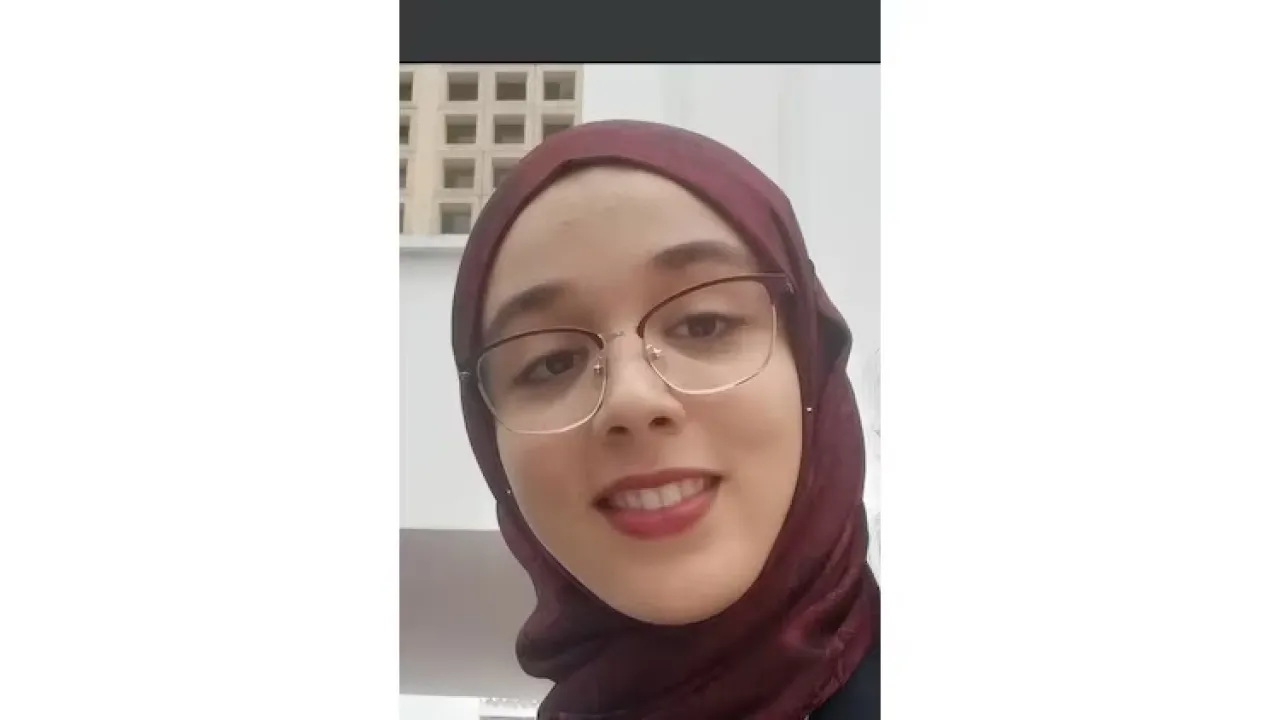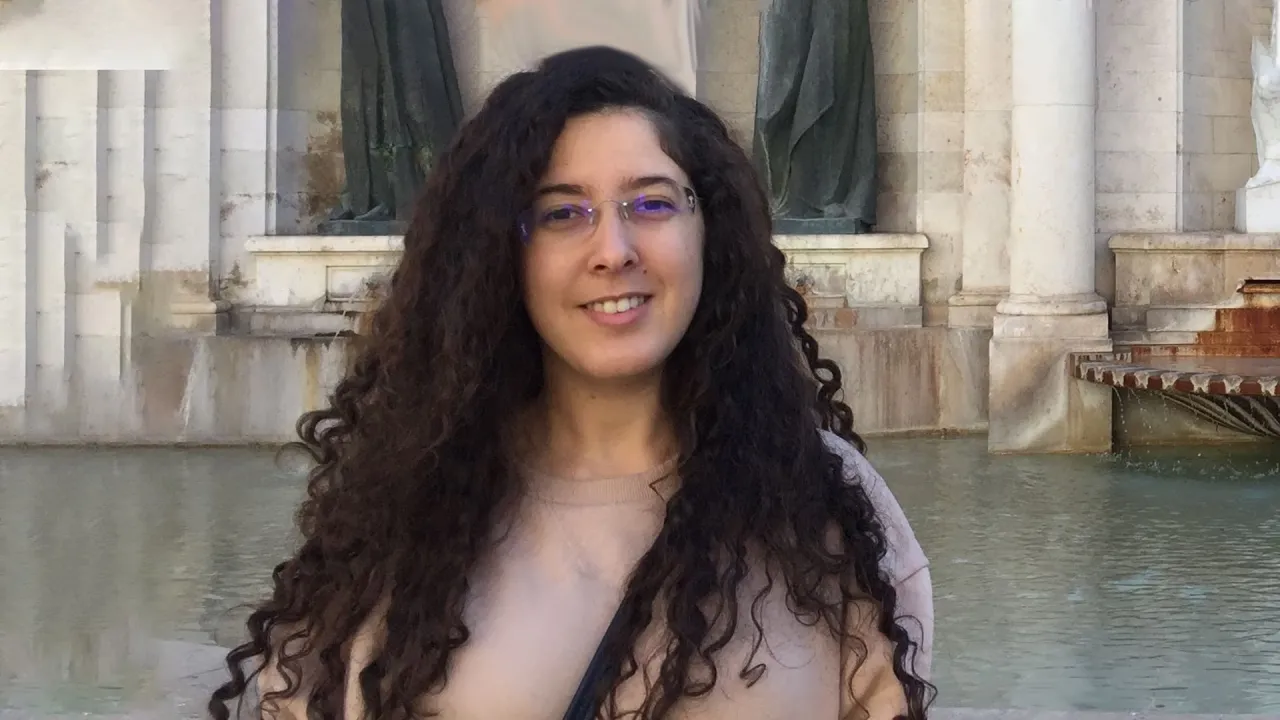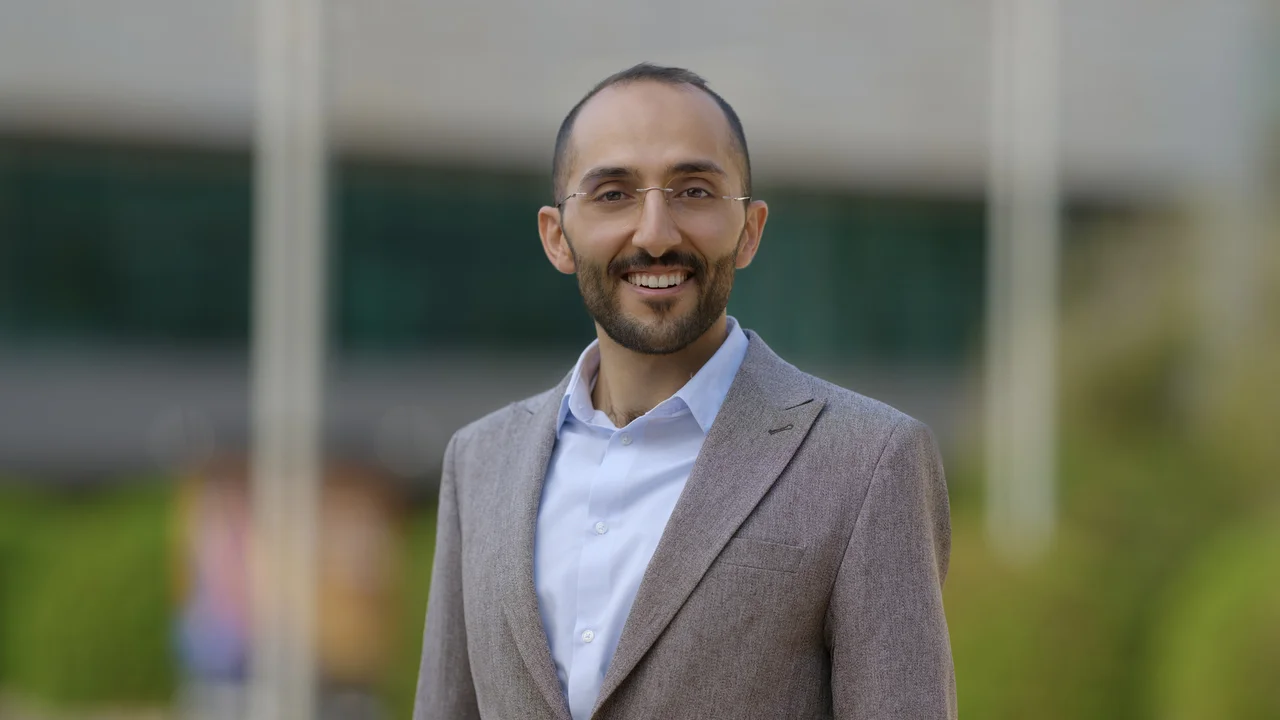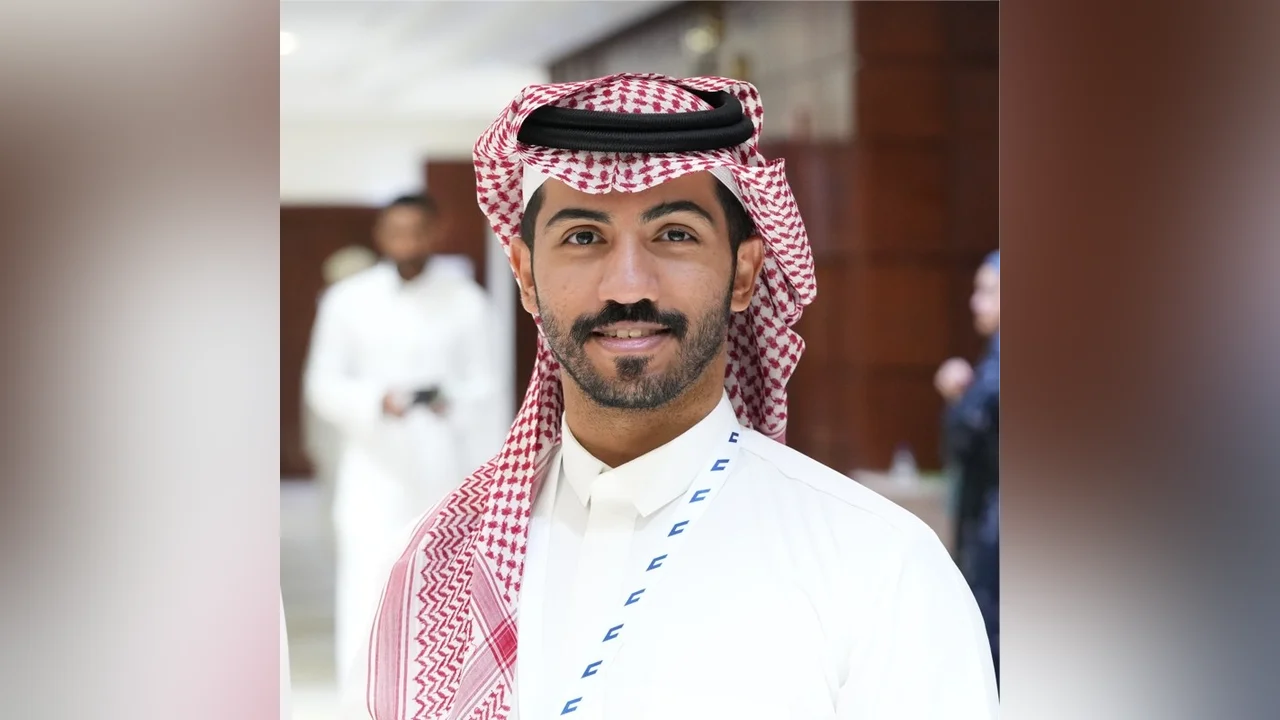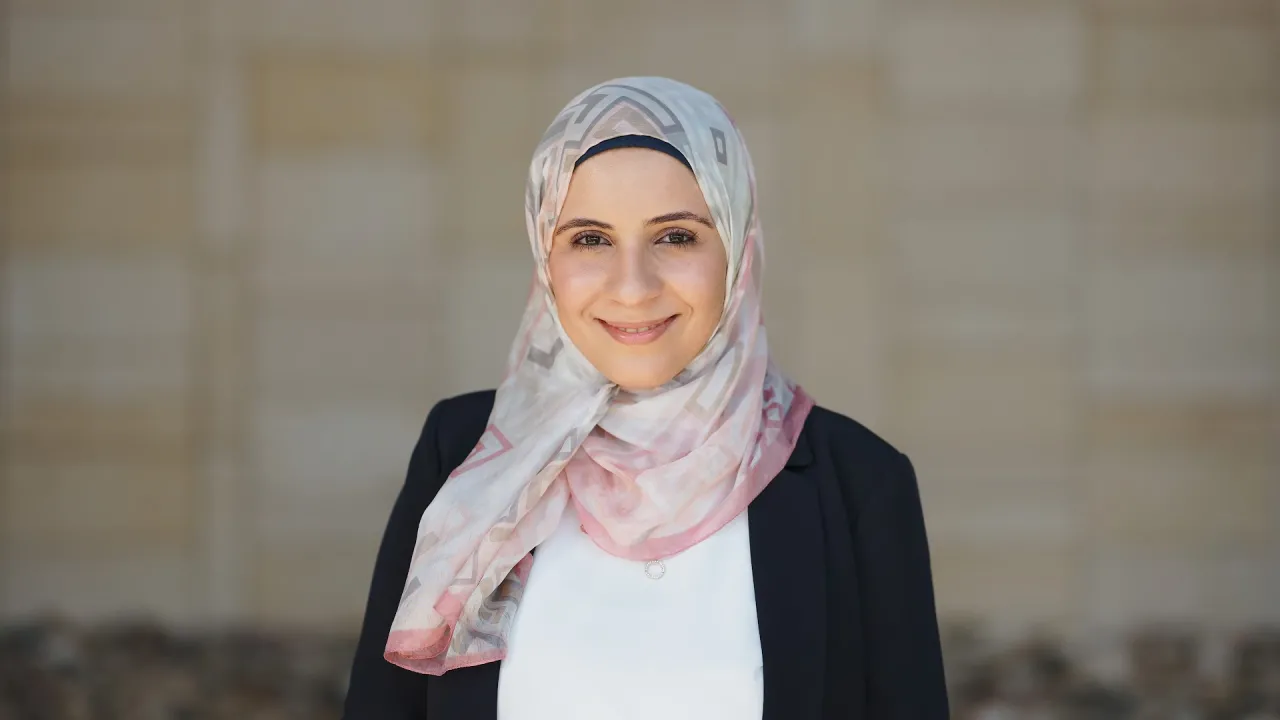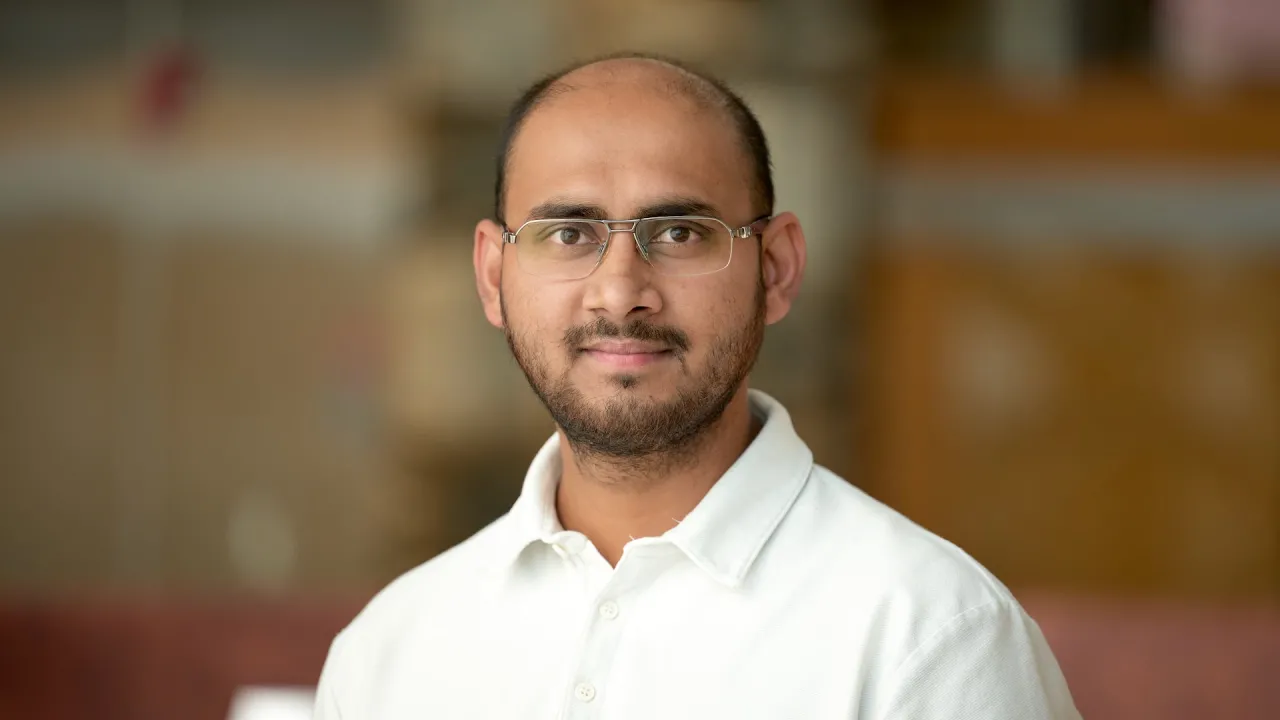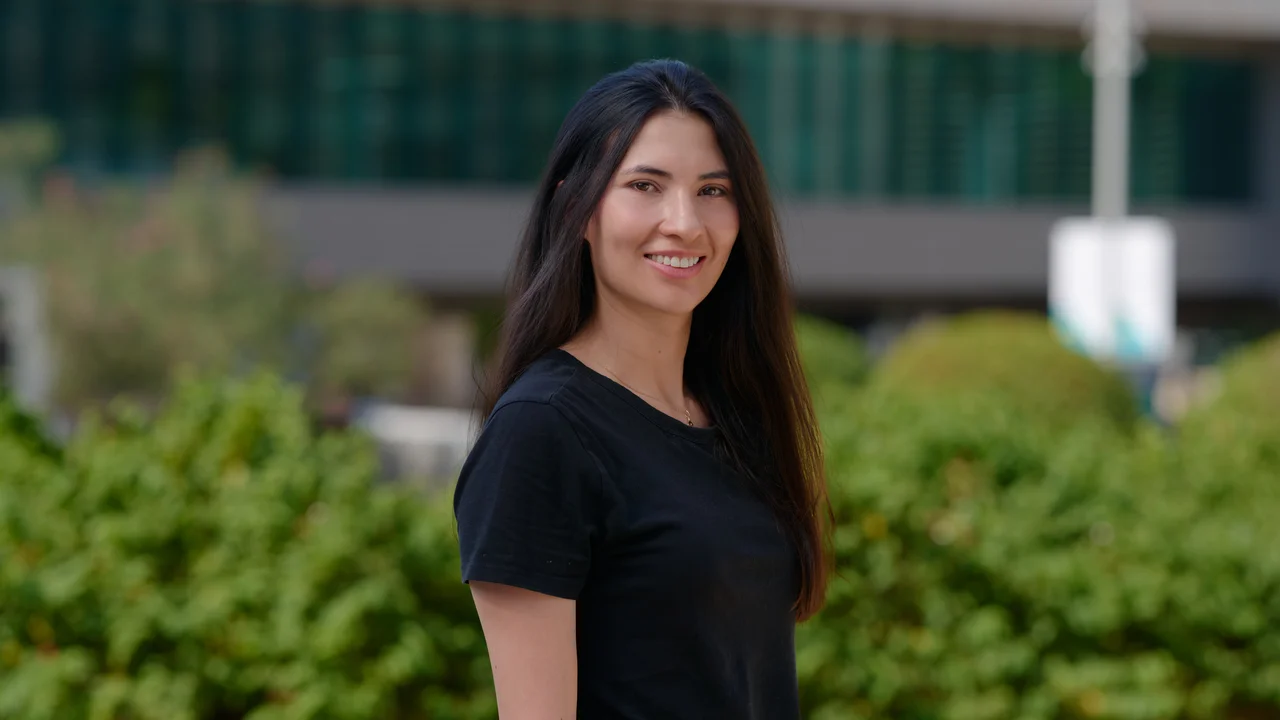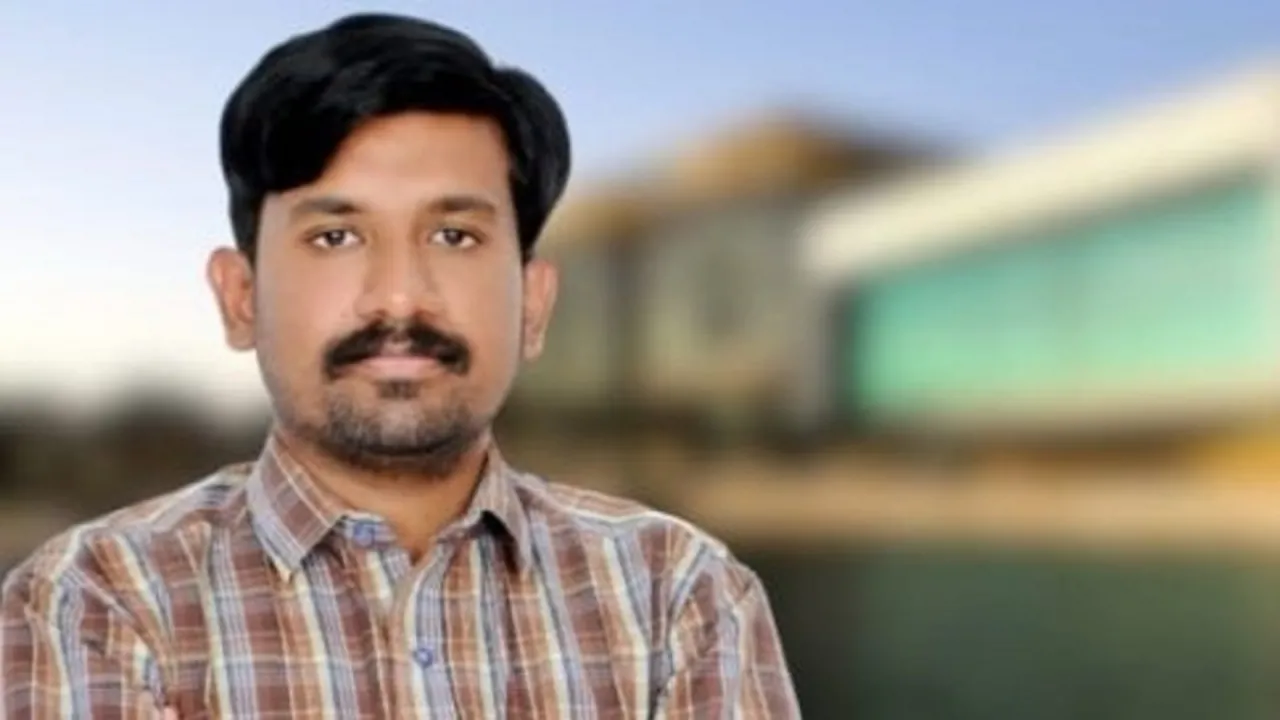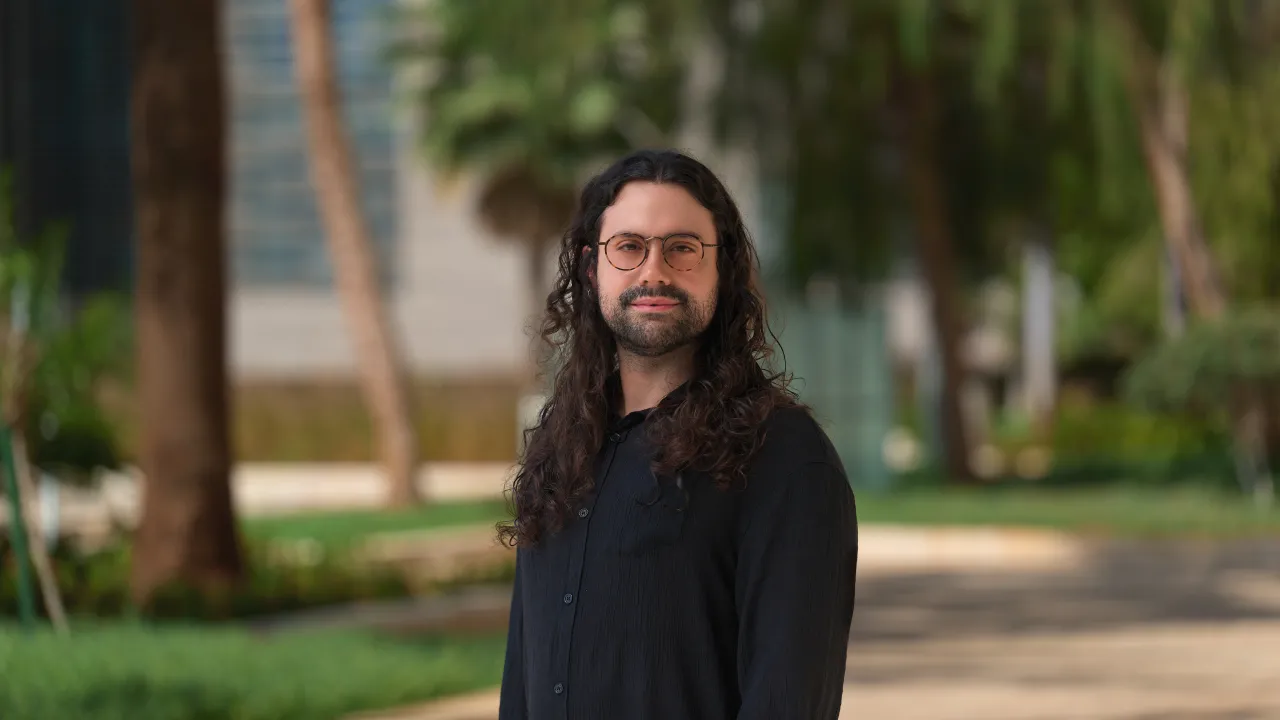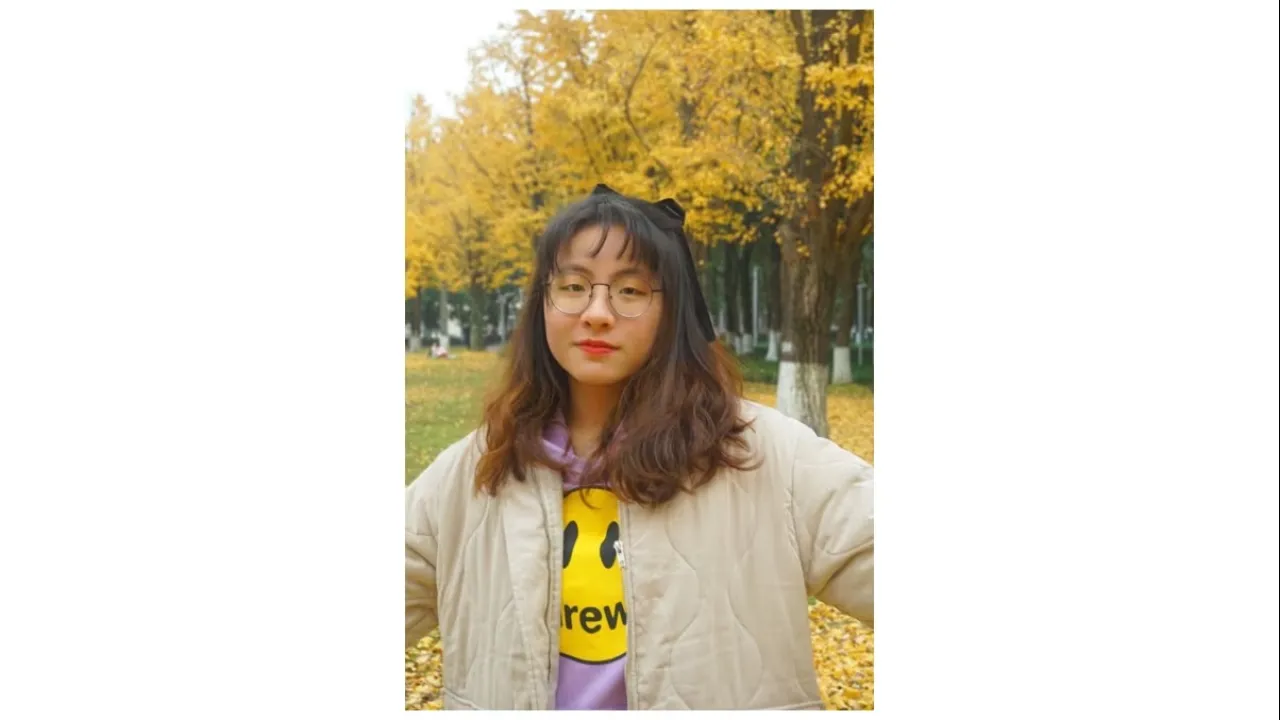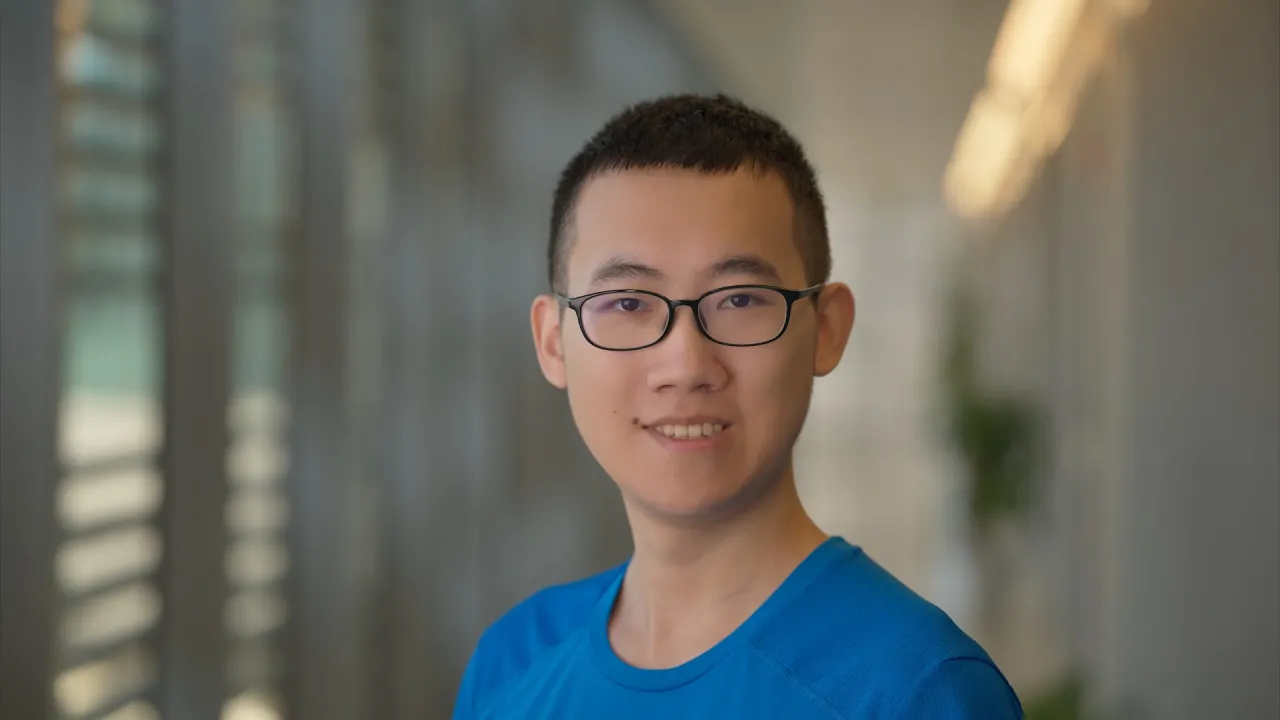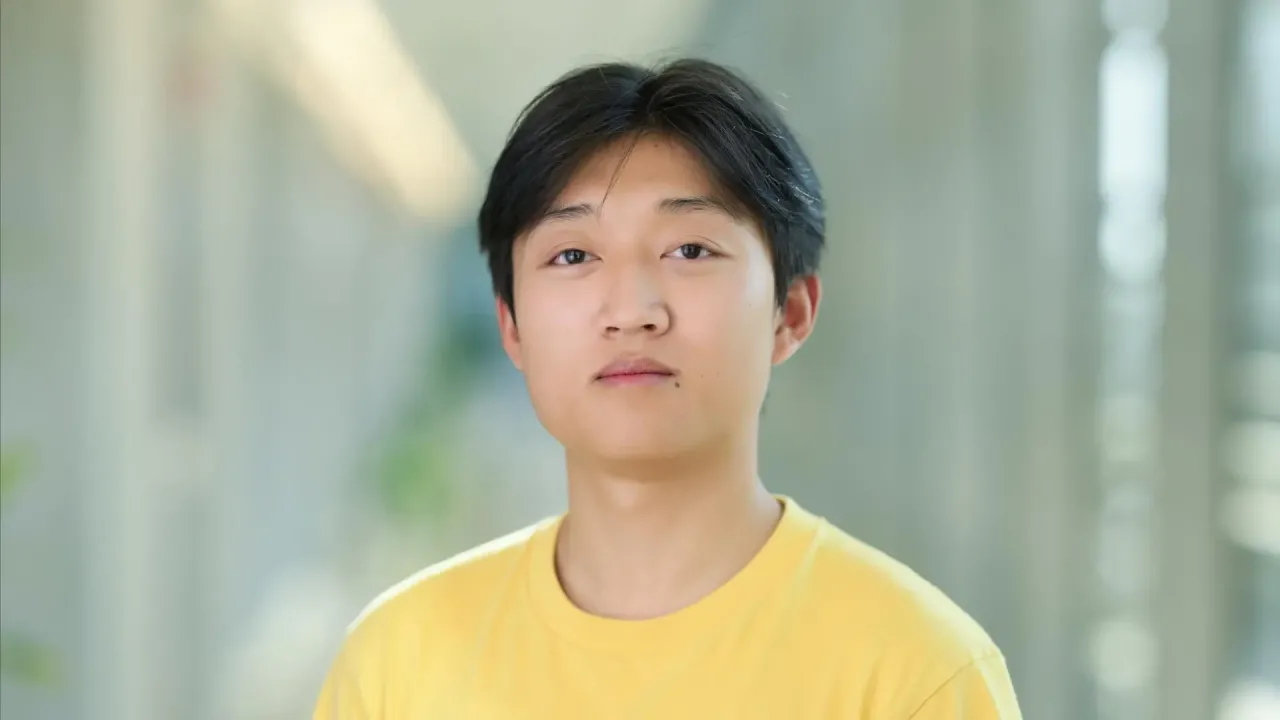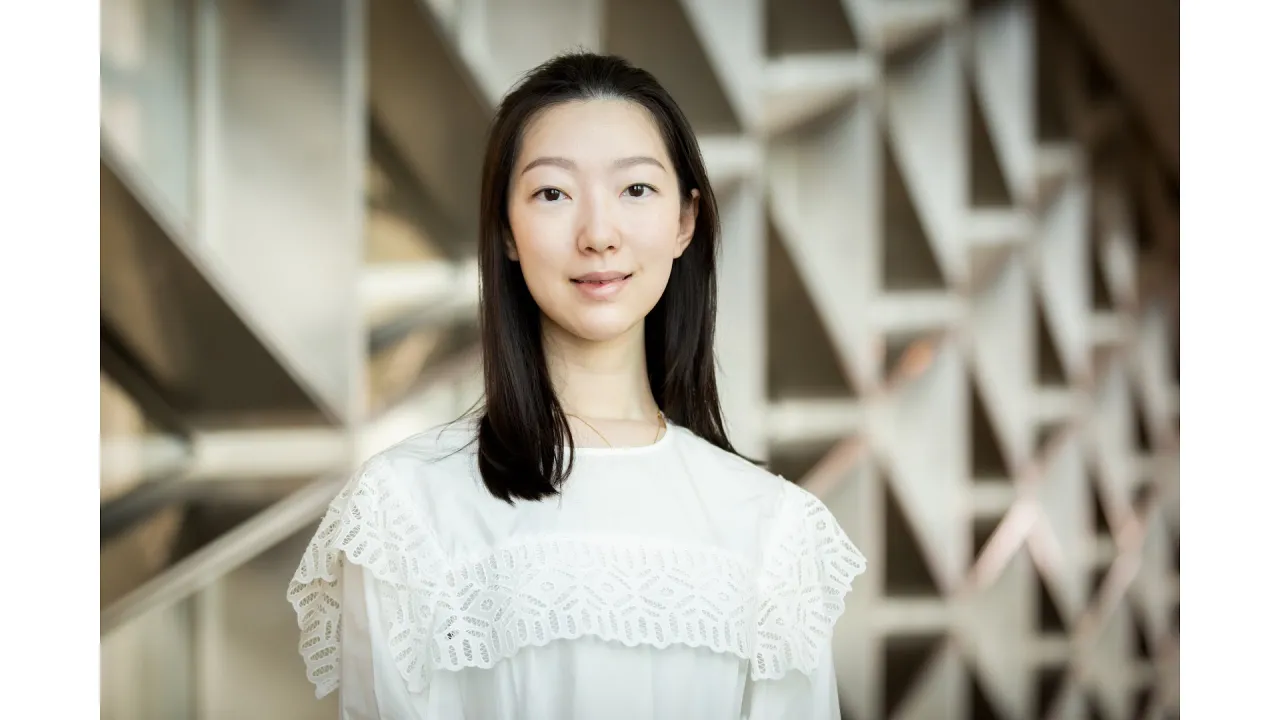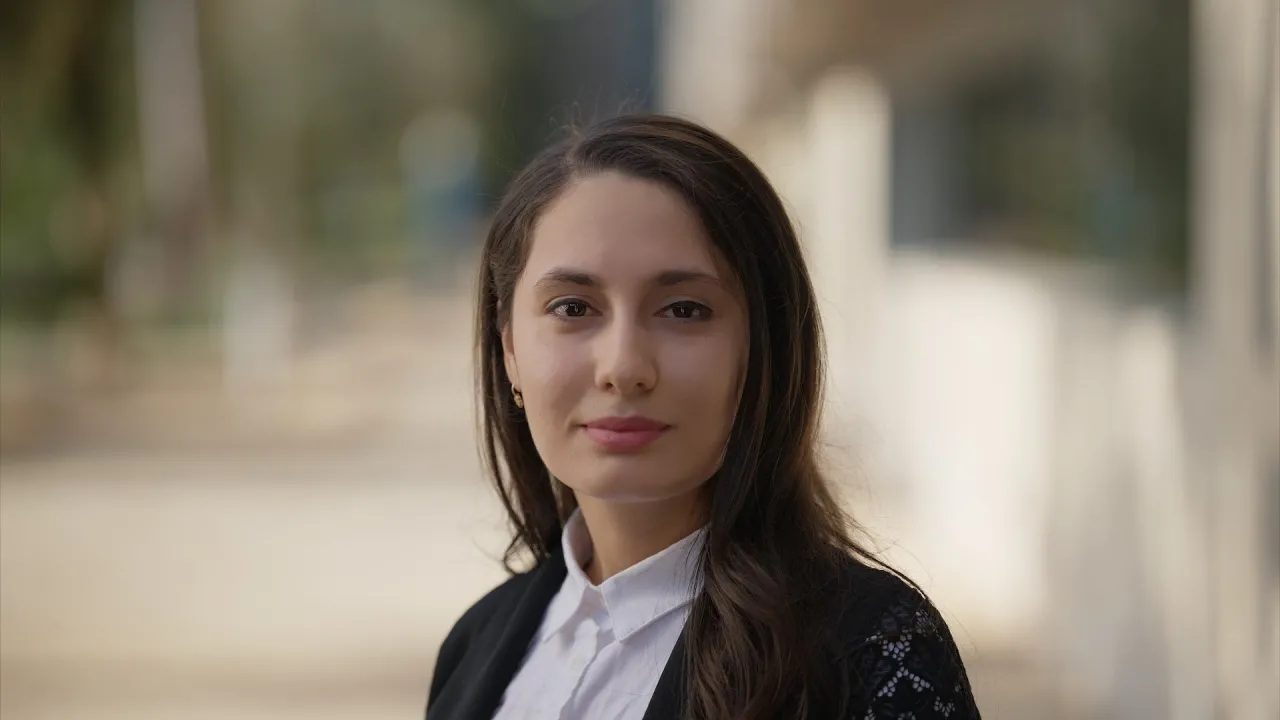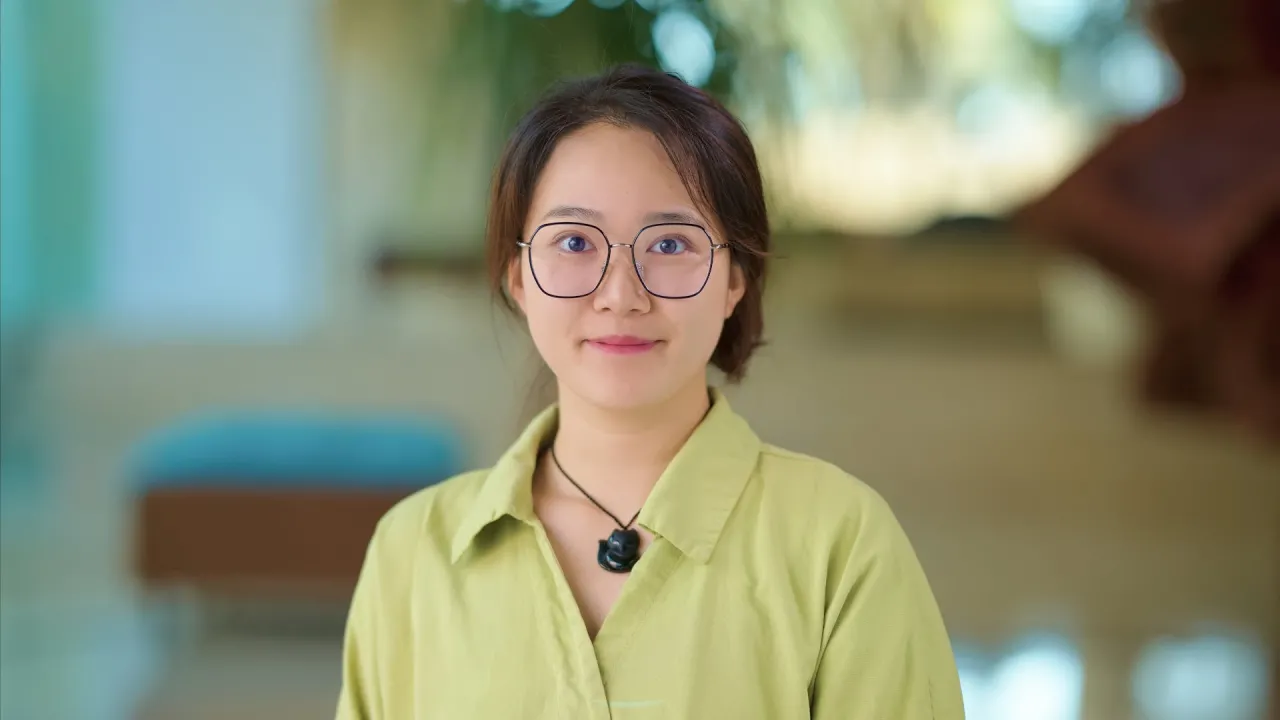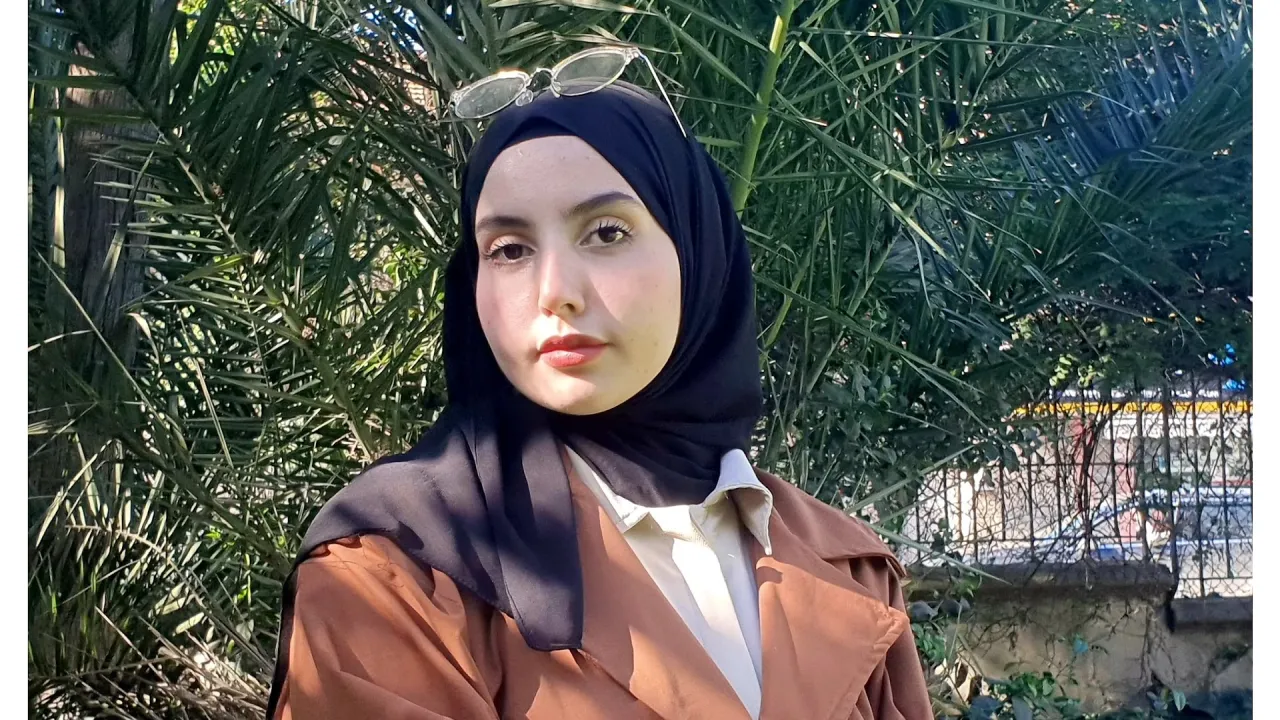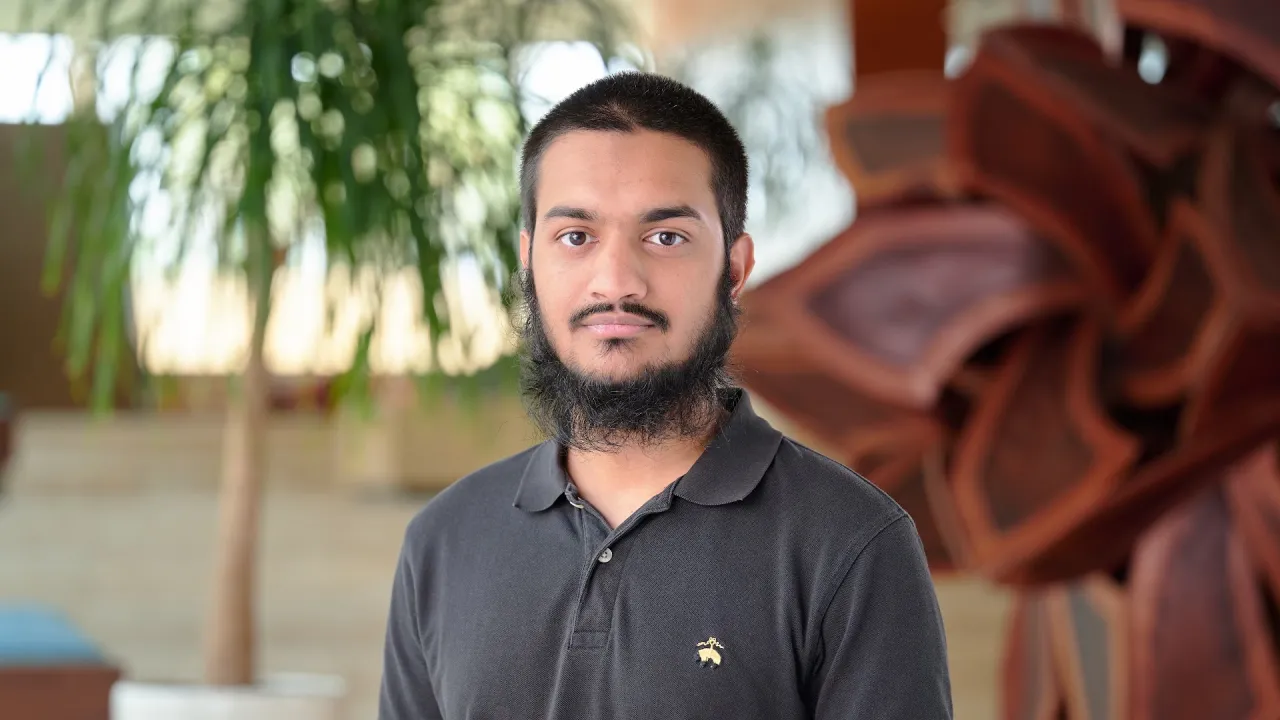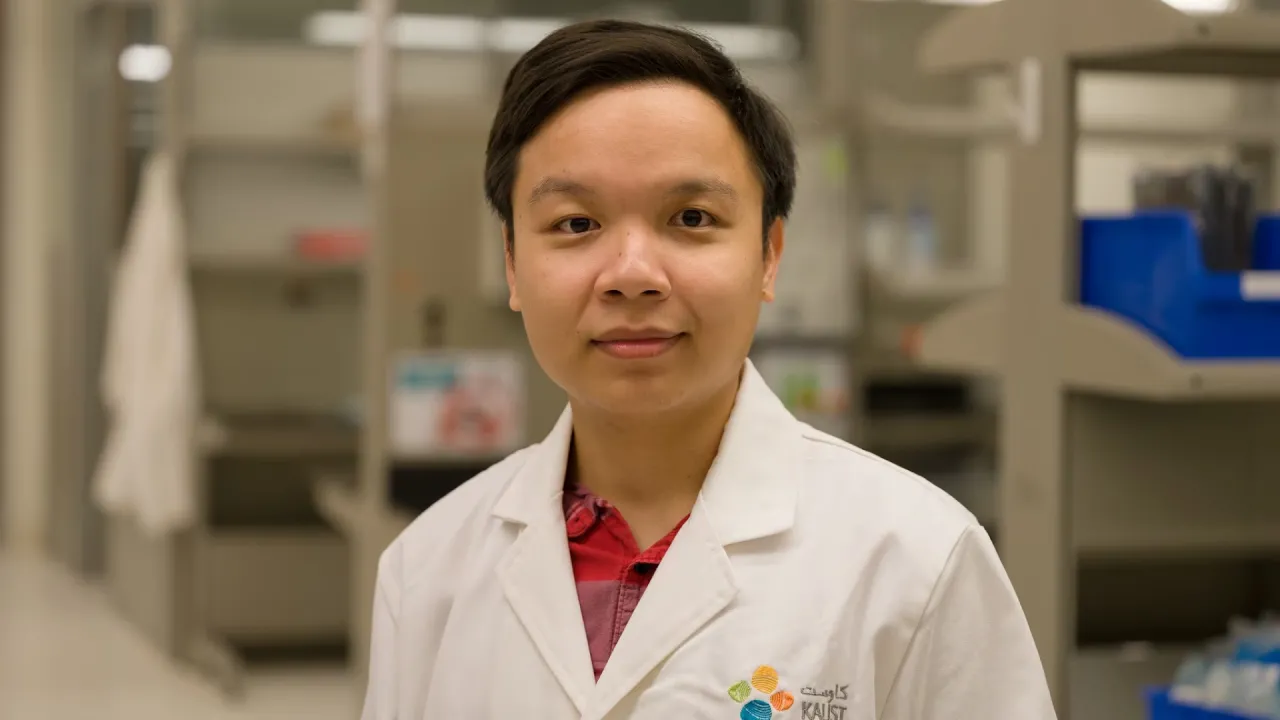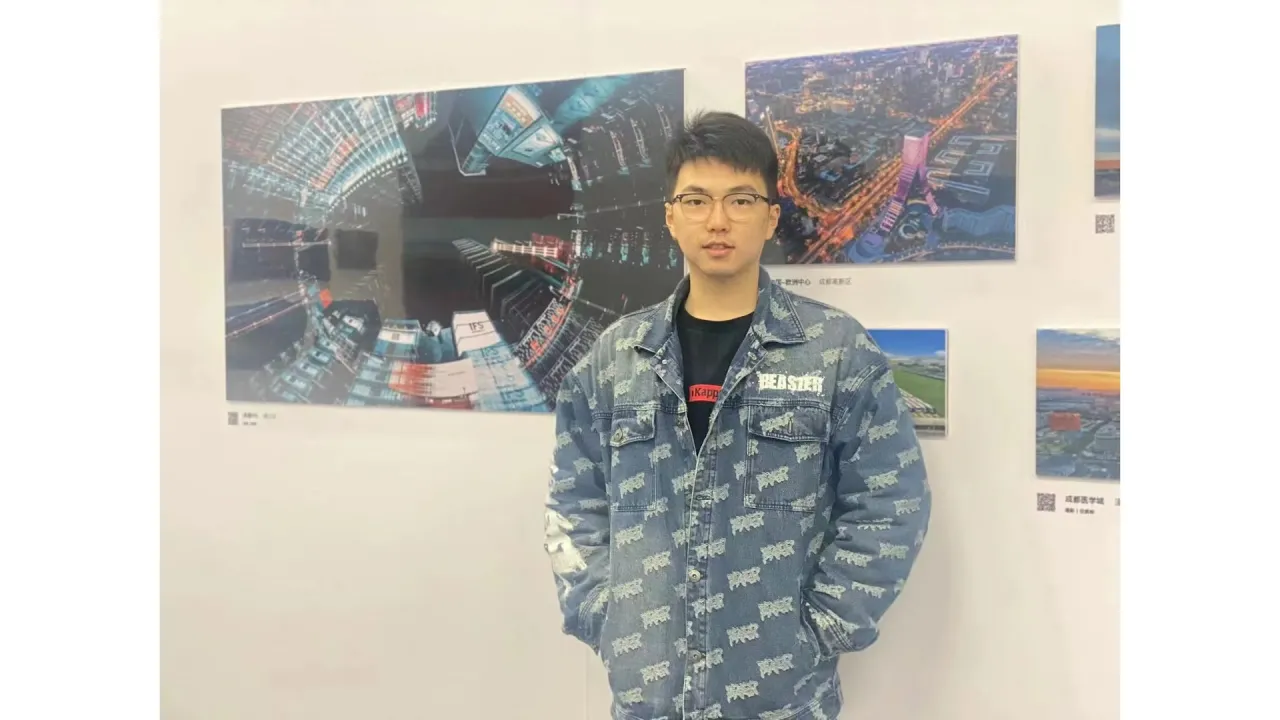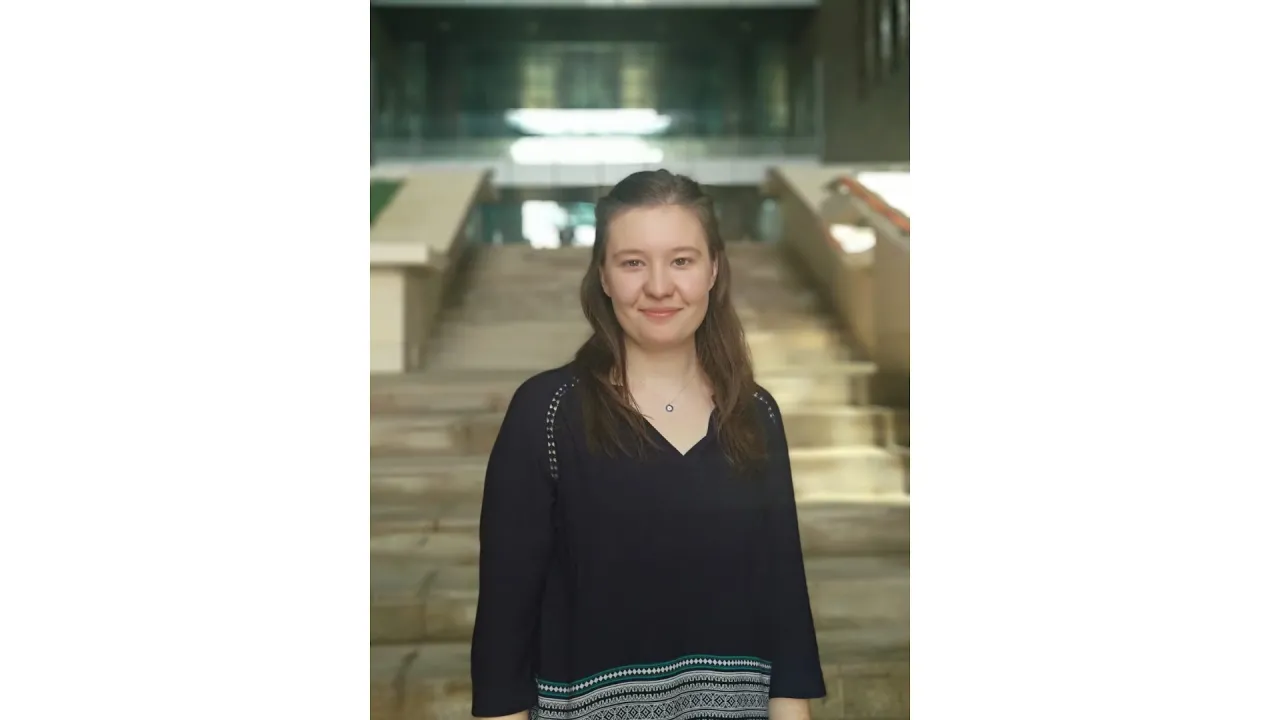Profiles
Students
Biography
Olga Krestinskaya (Graduate Student Member, IEEE) is a Ph.D. candidate at King Abdullah University of Science and Technology (KAUST), Saudi Arabia. Her research focuses on software–hardware co-design for in-memory computing (IMC) architectures and AI hardware, with a particular interest in hardware-aware neural architecture search (NAS) algorithms, memristor-based systems, neuromorphic computing, and mixed-signal IMC implementations. She has authored several high-impact works on analog memristive neural networks, mixed-signal circuit-level implementations of in-memory computing architectures, quantized neural networks, and brain-inspired algorithms, with a focus on developing energy-efficient and scalable IMC hardware for AI applications.
Olga is the recipient of the 2019 IEEE CASS Predoctoral Award, the 2025 Web of Talents STEM Award (1st place), and multiple KAUST Dean’s Awards. Her work was recognized with the Best Poster Award at the 2nd Nature Conference on Neuromorphic Computing (2024), and she was shortlisted for the prestigious Rising Stars Women in Engineering Workshop (Asian Deans’ Forum 2024).
Research Interests
Olga`s research area is neuromorphic and brain-inspired algorithms, circuits, and architectures. In particular, she is interested in memristor-based architectures for neural networks and neuro-inspired systems. Currently, Olga is focusing on analog circuit-level implementations of reconfigurable memristive neural network architecture and optimization of hyperparameters.
Education
Research Interests
AI, IoT, Wireless Communications.
Education
Biography
Otavio Bertozzi received his B.Sc. in Electrical Engineering from UNESP, Brazil (2018), and his M.Sc. in Electrical and Computer Engineering from KAUST (2020), where he is currently completing his Ph.D. under the supervision of Prof. Shehab Ahmed. His research focuses on the modeling, analysis, and control of mixed-generation power systems, emphasizing stability in converter-dominated grids. His work spans the development of power system simulation models and the design of control solutions for grid-integrated power electronic systems.
Research Interests
Control systems and power systems engineering. Modeling, simulation, analysis and design of solutions applied to power system stability and control. Optimal and data-driven approaches to the integration of renewable energy resources.
Education
Research Interests
Photonics and optoelectronics
Biography
Rajat received his B.Tech. in Electronics and Communication Engineering from the National Institute of Technology (NIT) Hamirpur, India, in 2019, and his M.Tech. in Electrical Engineering with a specialization in VLSI from the Indian Institute of Technology (IIT) Mandi, India, in 2021. He is currently pursuing his Ph.D. in the Communication and Computing Systems Lab (CCSL) at the Computer, Electrical and Mathematical Science and Engineering (CEMSE) Division, King Abdullah University of Science and Technology (KAUST), Saudi Arabia.
Research Interests
Rajat’s research interests lie in the development of low-power wearable electronics, with a particular focus on human body communication for Internet of Bodies applications. He is also interested in emerging nanotechnologies and energy harvesting strategies to enable sustainable and autonomous electronic systems.
Education
Education
Biography
Razan Shams is an MS student in Electrical and Computer Engineering at KAUST, joining the Integrated Intelligent Systems (I2S) Lab in 2025. Her research focuses on micro-electromechanical systems (MEMS) and biomedical devices, particularly magnetic membranes for electromagnetic pumping applications.
She previously worked as a research intern at KAUST, where she contributed to projects in the Nanofabrication Core Lab focused on semiconductor device fabrication and 2D material-based photodetectors. She presented her research on scalable MoS₂ photodetectors at the IEEE EDS Future of Semiconductors Forum 2025 among PhD students and researchers.
Razan holds a BS in Physics (Nanophysics) with first-class honours from the University of Jeddah, where her research received the Gold Award at the Student Scientific Forum.
Research Interests
- Semiconductor Device Fabrication
- 2D Materials for Optoelectronics
- Micropumps and Biomedical MEMS
- Magnetic Materials and Electromagnetic Actuation
Education
Roman Zamchii
- Ph.D. Student, Electrical and Computer Engineering
Biography
Roman received the B.S. and M.S. degrees from the Faculty of Physics, Saint Petersburg State University, Saint Petersburg, Russia, in 2012 and 2014, respectively. Since 2018, he has been pursuing a Ph.D. degree at the King Abdullah University of Science and Technology, Thuwal, Saudi Arabia. His research mainly focuses on gas discharge plasma at atmospheric pressure and its application. Roman's academic advisor is Professor Deanna Lacoste.
Rongxing Hu
- Postdoctoral Research Fellow, Secure Next Generation Resilient Systems Lab
Education
Ruibo Wang
- Postdoctoral Research Fellow, Electrical and Computer Engineering
Biography
Ruochen Zhu received his B.S. degree in Information Engineering from the University of Electronic Science and Technology of China in 2024. He is currently pursuing M.S. and Ph.D. degrees in the Electrical and Computer Engineering (ECE) program at King Abdullah University of Science and Technology (KAUST), under the supervision of Prof. Ahmed Eltawil.
Education
Biography
Salem Al-Saqaf is a graduate student at King Abdullah University of Science and Technology (KAUST), pursuing an M.S. in Electrical and Computer Engineering. He holds a B.S. in Electrical Engineering with First Class Honors from King Fahd University of Petroleum and Minerals (KFUPM). His academic journey integrates electronics, semiconductors, and artificial intelligence, with a strong focus on data-driven decision-making, intelligent systems, and next-generation computing. Alongside his academic research, Salem has gained valuable experience applying data science and AI in industry settings, bridging advanced research with practical innovation. He is also actively engaged in student leadership, mentorship, and outreach initiatives at KAUST.
Research Interests
- IoT and Intelligent Sensing
- Electronics and Semiconductor Devices
- IC Design
- Artificial Intelligence (AI) and Machine Learning
Education
Biography
Samy Mounir recently graduated from UCLouvain in Belgium with a B.Sc. in Engineering, specializing in Software and Mathematical Engineering. His diverse experiences include AI internships at KAUST and Belixys, as well as optimization and data analysis projects using real-world data. His research focuses on leveraging cutting‐edge AI techniques to solve practical problems.
Research Interests
Samy’s research centers on applied AI solutions with a focus on computer vision and smart city applications. He is currently working on plant monitoring using UAVs and computer vision techniques.
Education
Biography
Sara Rojas Martinez is a Ph.D. student in the KAUST Image and Video Understanding Lab (IVUL) under the supervision of Professor Bernard Ghanem. Before joining KAUST, Sara obtained a master’s degree in Biomedical Engineering from Universidad de Los Andes, Bogotá, Colombia.
Sara completed a research internship at Naver Labs Europe, where she worked on extending MAST3R to better understand humans in-the-wild. Her advisors were Gregory Rogez, Matthieu Armando, and Vincent Leroy.
Prior to that, Sara interned at Adobe Research, where she worked under the guidance of Kalyan Sunkavalli. She also collaborated with Reality Labs at Meta in Zurich, mentored by Albert Pumarola and Ali Thabet. Earlier, she conducted research at the University of Southern California with Autumn Kulaga.
Research Interests
Sara is interested in topics related to the investigation in Artificial Intelligence, 3D computer vision, deep learning, generative AI, and image processing. She has also worked on 3D reconstruction.
Education
Saravanan Yuvaraja
- Postdoctoral Research Fellow, Electrical and Computer Engineering
Biography
Saravanan Yuvaraja is a Postdoctoral Research Fellow in the Advanced Semiconductor Laboratory at King Abdullah University of Science and Technology (KAUST), Saudi Arabia. His research expertise lies in thin-film semiconductor devices, focusing on monolithic 3D integration, hybrid CMOS circuits, and large-area electronics (LAE). He pioneered the fabrication of record-breaking 10-stack In₂O₃ transistors published in Nature Electronics (2024) and developed hybrid CMOS circuits combining oxide and organic semiconductors, accepted in Nature Electronics (2025). These innovations address critical challenges in achieving high-density, low-power integrated circuits for flexible and wearable systems.
Dr. Yuvaraja has authored 43 peer-reviewed journal publications, including 12 first-author papers, with over 1,100 citations (h-index: 15). His high-impact publications span Nature Electronics, Nature Reviews Electrical Engineering, ACS Applied Materials & Interfaces, and Chemical Society Reviews. He holds multiple patents in oxide and organic TFT-based sensors and logic circuits. Beyond research, he actively mentors Master’s and PhD students in device fabrication, electrical characterization, and process integration, and contributes to graduate curriculum development in oxide semiconductor technologies. Dr. Yuvaraja’s interdisciplinary work bridges materials engineering, device physics, and system integration, aiming to advance scalable, energy-efficient electronics for AI, IoT, and neuromorphic applications.
Research Interests
Saravanan Yuvaraja is interested to develop futuristic nature olfaction inspired chemical sensors for accurate on-site detection with high sensing performance achieved at minimum cost and low power consumption.
- Organic electronics
- Gas sensors
- Silicon Nano-electronics
- Neuromorphic computing
- Perovskite electronics
Education
Biography
Sebastian Celis Sierra is a Ph.D. candidate in Electrical and Computer Engineering at King Abdullah University of Science and Technology (KAUST), where he develops advanced integral-equation solvers for the accurate simulation of electromagnetic metasurfaces. He holds an M.S. in Electrical Engineering (2018–2020) from KAUST and dual B.Eng. degrees in Electrical/Power Engineering and Electronics Engineering (2014–2018) from Universidad de los Andes, Bogotá.
Research Interests
Sebastian's research focuses on formulating and implementing surface and volume integral-equation methods in both the time and frequency domains to capture complex electromagnetic behavior in arbitrarily shaped metasurfaces. By coupling these formulations with generalized sheet transition conditions (GSTCs), he aims to achieve both numerical efficiency and physical fidelity. His work advances the theoretical foundations and practical computational tools necessary for the next generation of communication systems.
Education
Biography
Shahd Shami is a Ph.D. student in Electrical and Computer Engineering at KAUST, specializing in robotics and control systems. Before that, she worked as a Teaching Assistant at King Abdulaziz University, where she gained hands-on experience in AI projects and technology solutions. Shahd received her M.Sc. in Electrical and Computer Engineering from KAUST, focusing on machine learning and robot planning, and her B.Sc. in Electrical and Computer Engineering from King Abdulaziz University, Saudi Arabia.
Research Interests
Shahd's research focuses on developing adaptive and intelligent control mechanisms to enhance robotic systems' autonomy and efficiency in dynamic environments. She combines classical control theory with advanced machine learning algorithms to create models that improve robotic performance, adaptability, and interaction with uncertain environments. Areas of interest: • Adaptive control systems for robotics • Machine learning integration in control mechanisms • Advanced sensor technologies for robotics • System integration and implementation of AI solutions • Robotics education and training
Shijie Pan
- Ph.D. Student, Electrical and Computer Engineering
Education
Biography
Soumia Si Youcef is an electronics engineer and graduate student at King Abdullah University of Science and Technology (KAUST), currently specializing in Electrical and Computer Engineering. Her work bridges the fields of electronics and artificial intelligence, with a focus on healthcare innovation.
Research Interests
- Intelligent healthcare devices
- Sensor design and integration
- Artificial intelligence in biomedical systems
- Electronic system prototyping
Education
Biography
Talha Ariff was awarded his BEng/MEng degree in Biomedical Engineering from City, University of London in 2022, where he focused on optoelectronic devices for use in medical and chemical sensing.
He is now a Ph.D. student in the Photonics Lab at KAUST, researching further applications for optoelectronic sensors in desert agriculture and undersea communication cables.
Research Interests
Marine Ecology & Desert agriculture, Sensors, Photonics & Optoelectronics
Education
Biography
Tingang graduated from University of Electronic Science and Technology of China (UESTC) majoring in electro-magnetic field and wireless technology on 2022.
Research Interests
Tingang focuses on ultrawide bandgap semiconductors, especially AlN and AlGaN epitaxy by MOCVD and device fabrications
